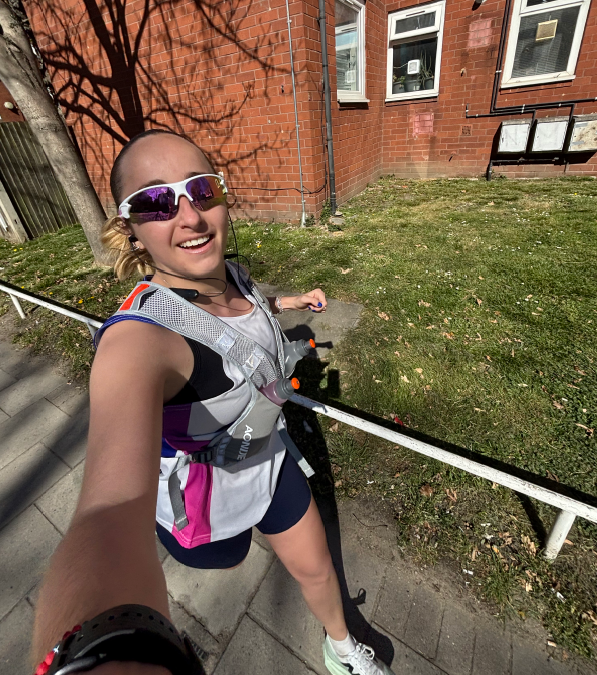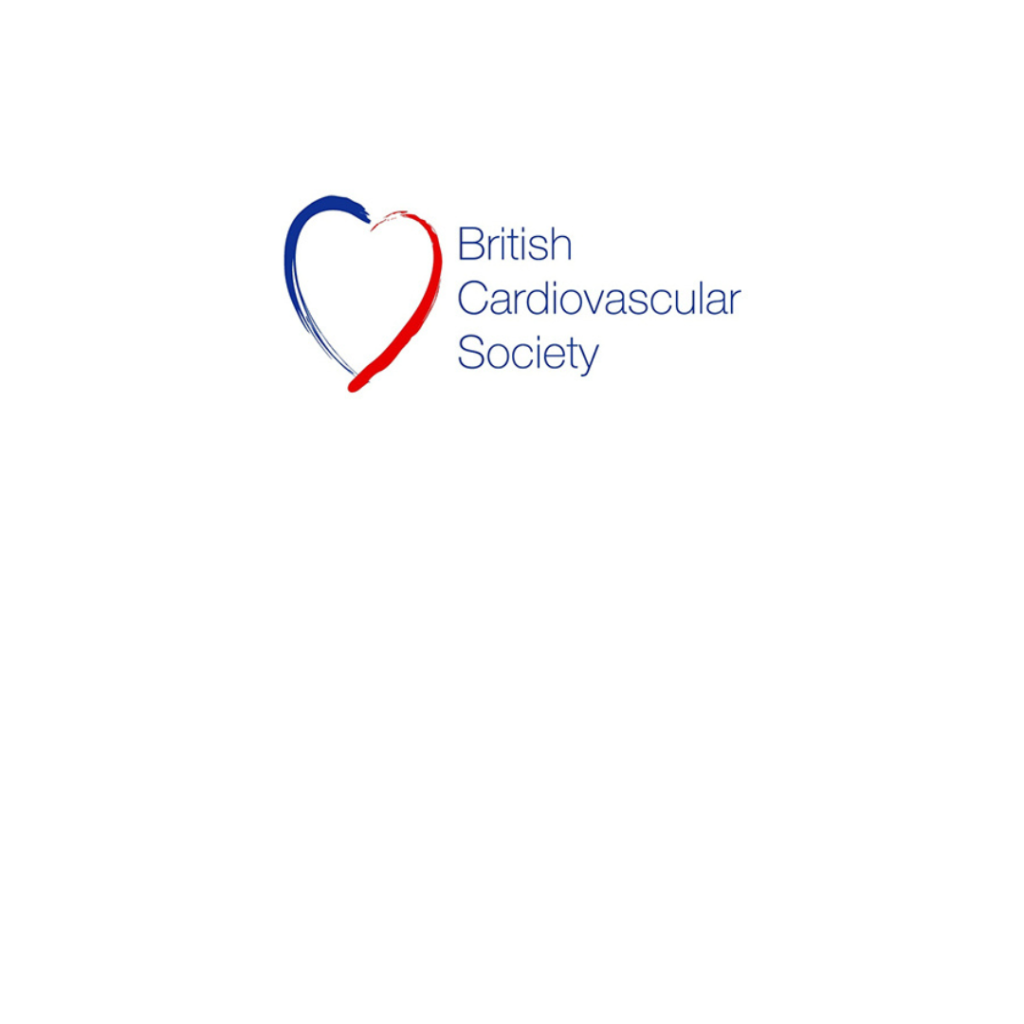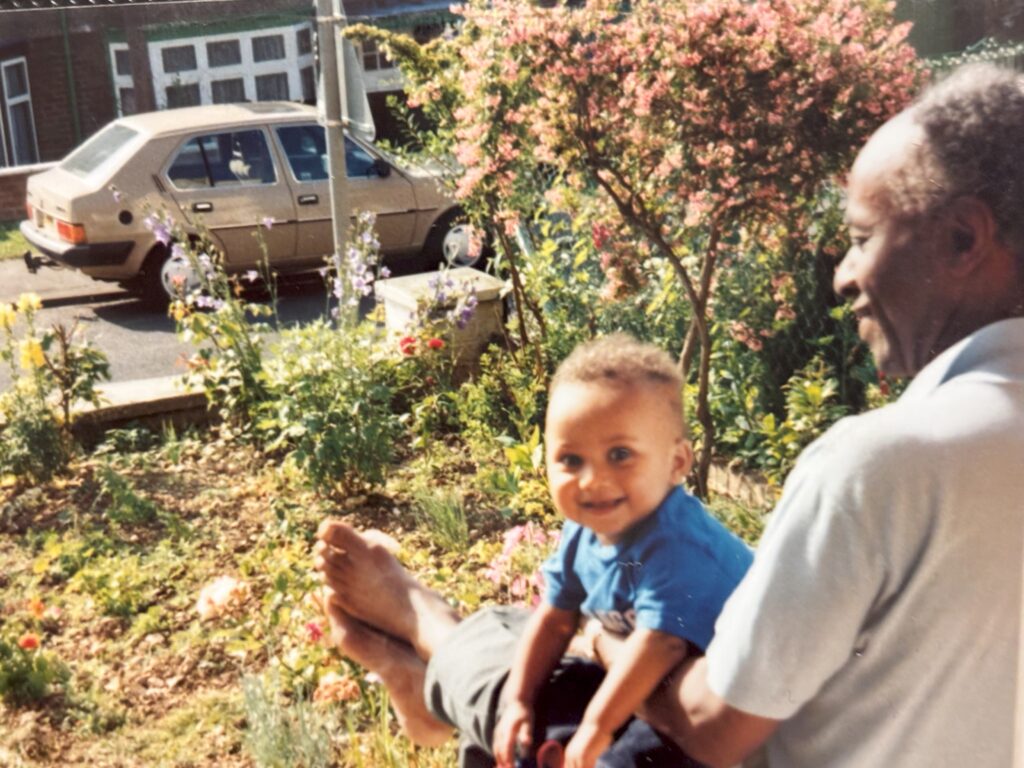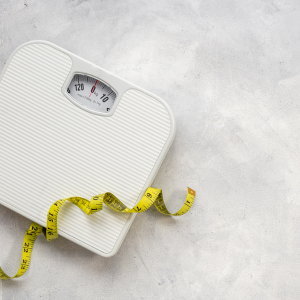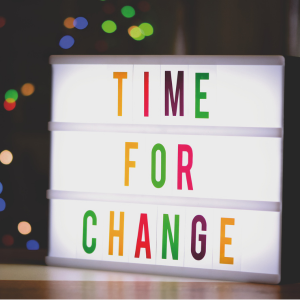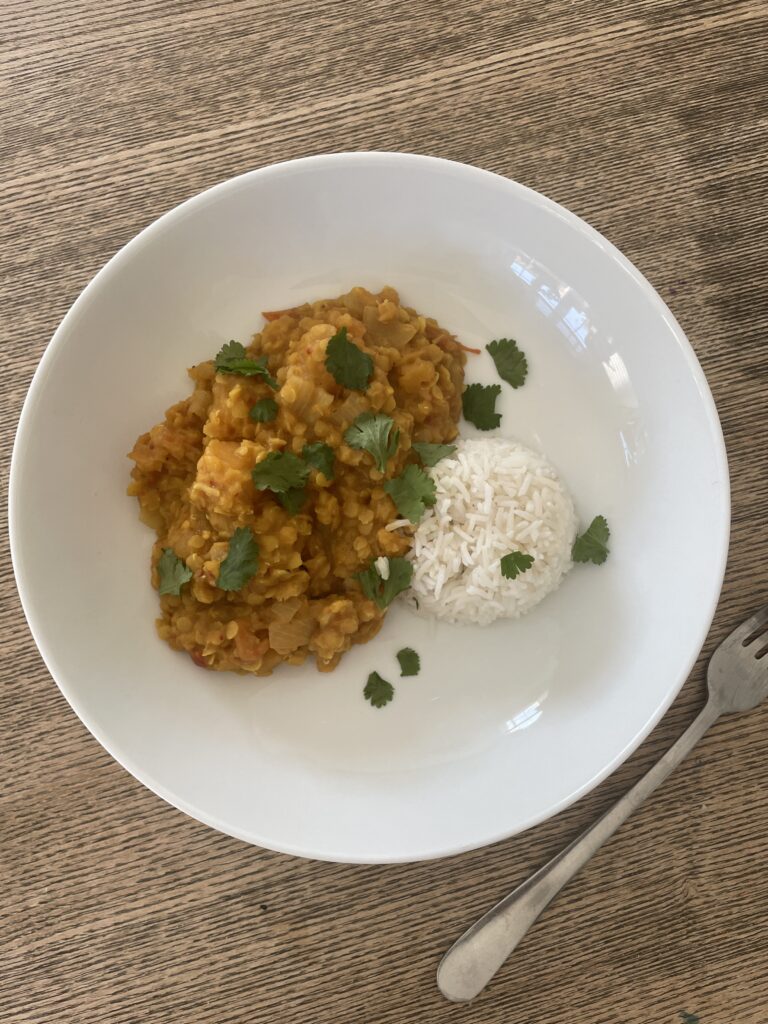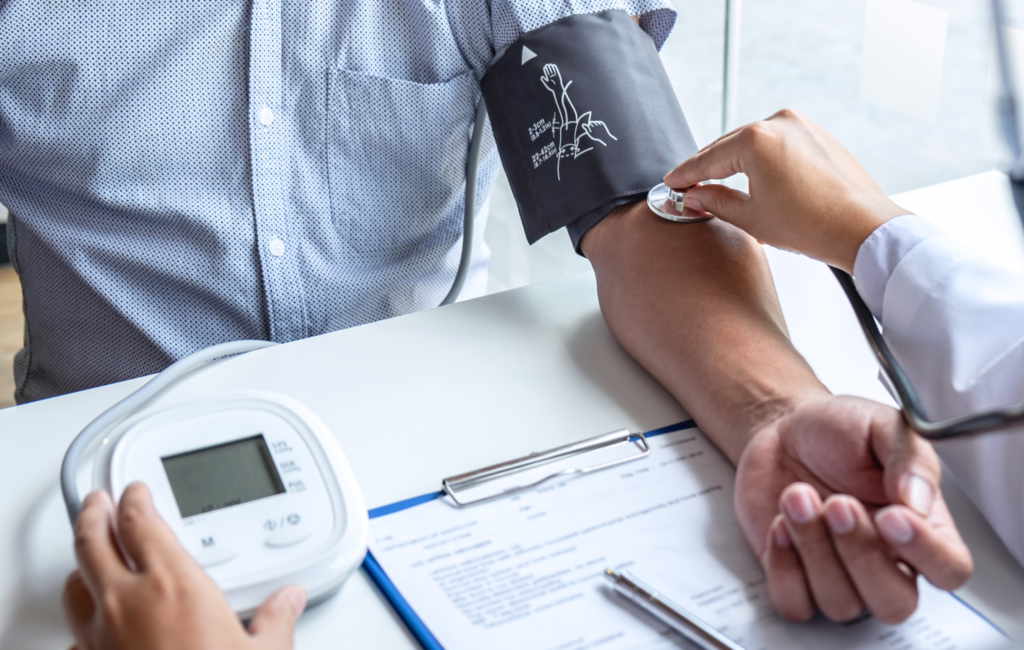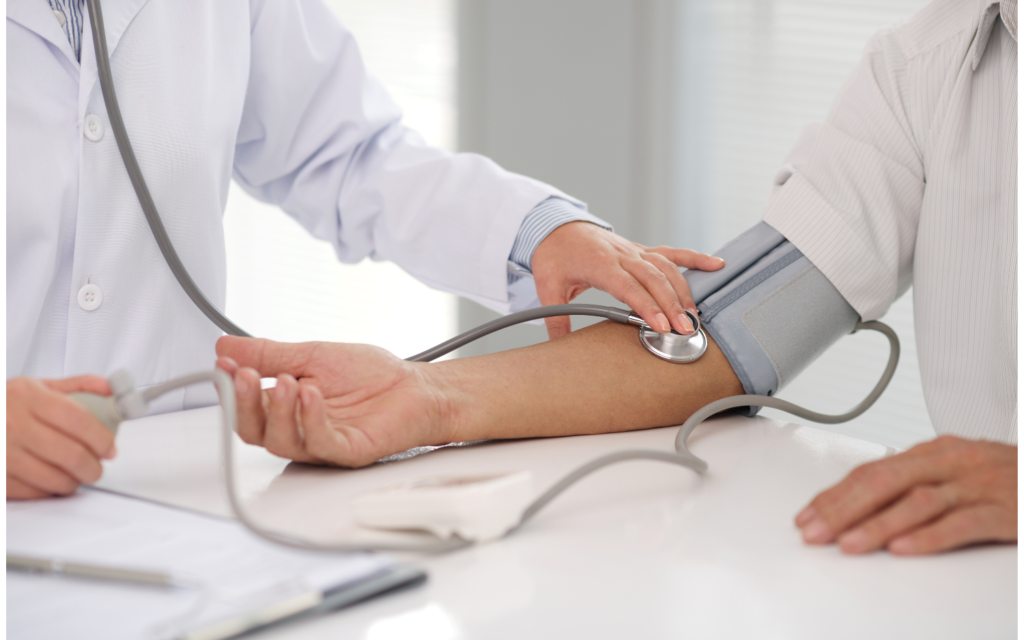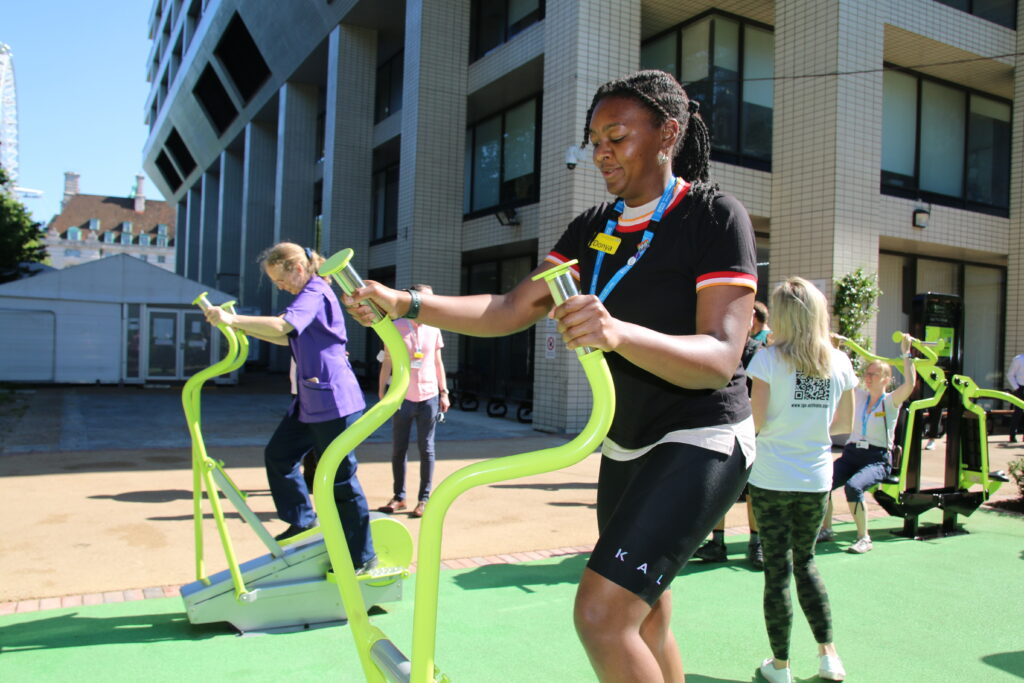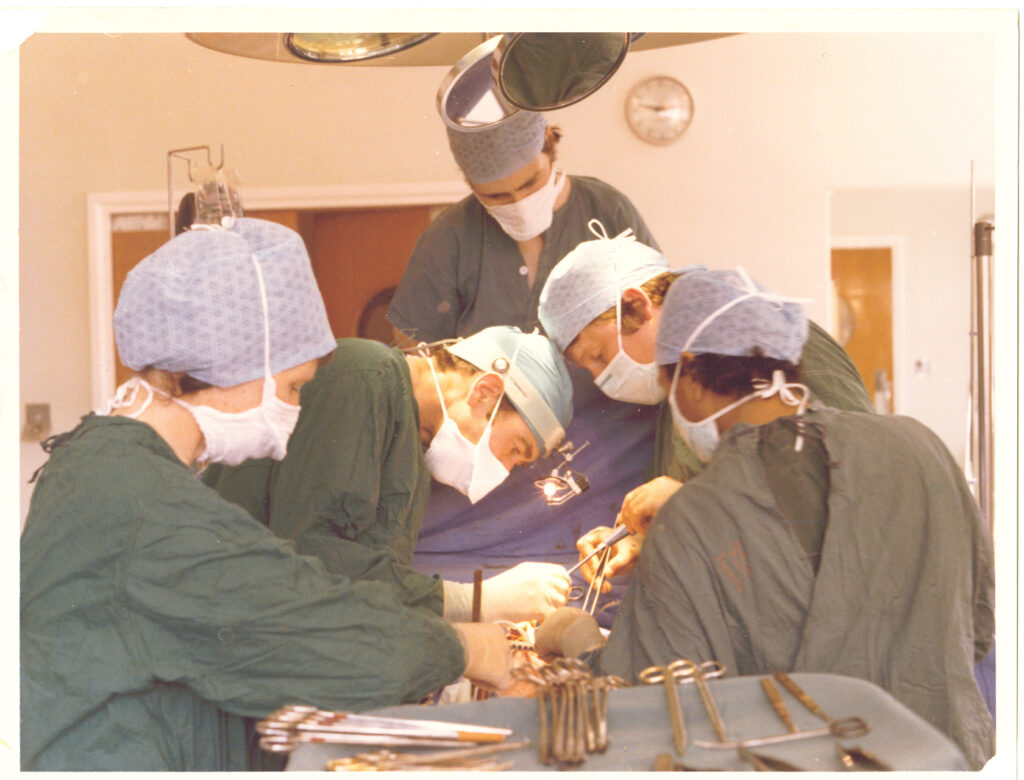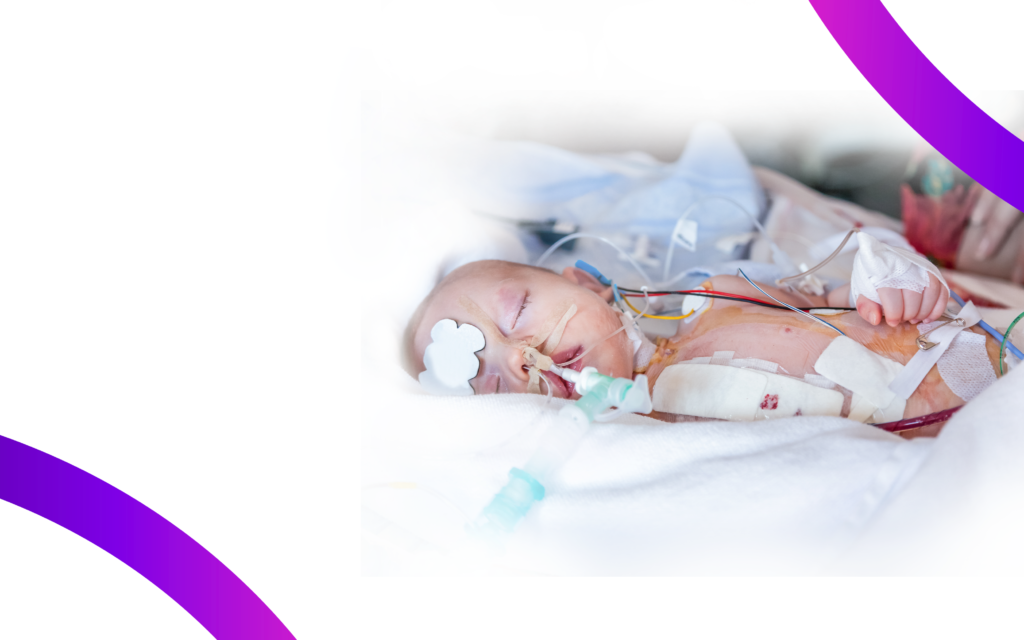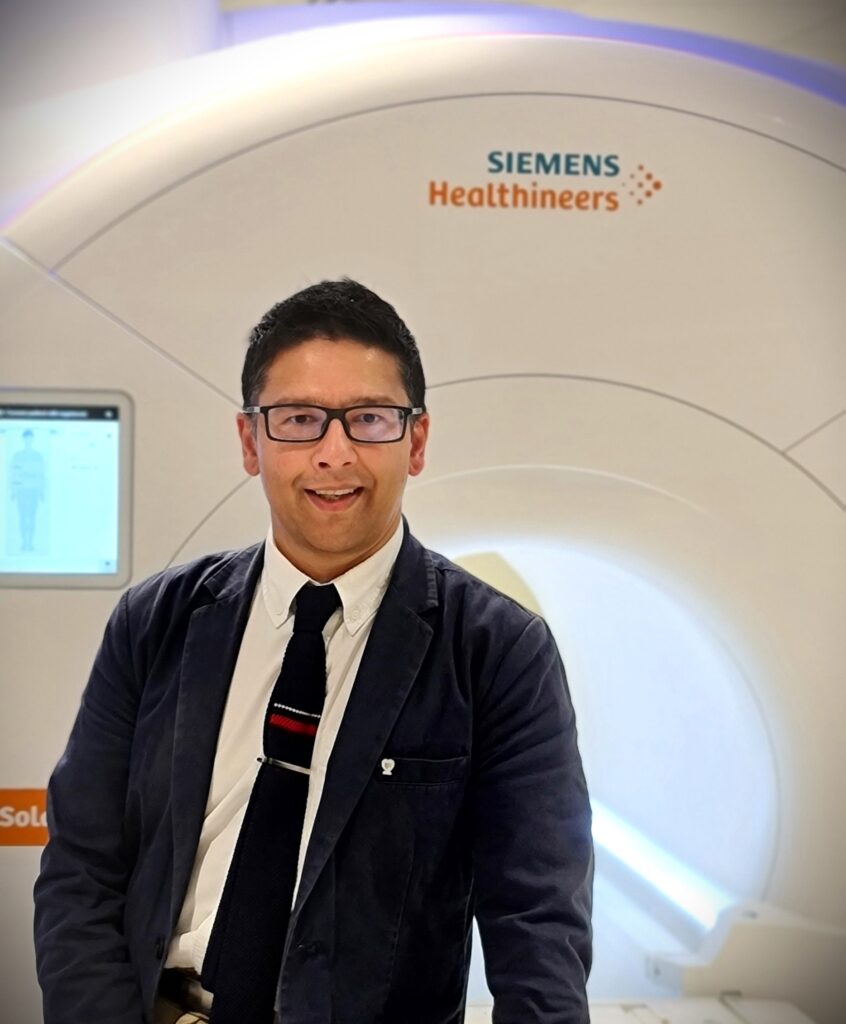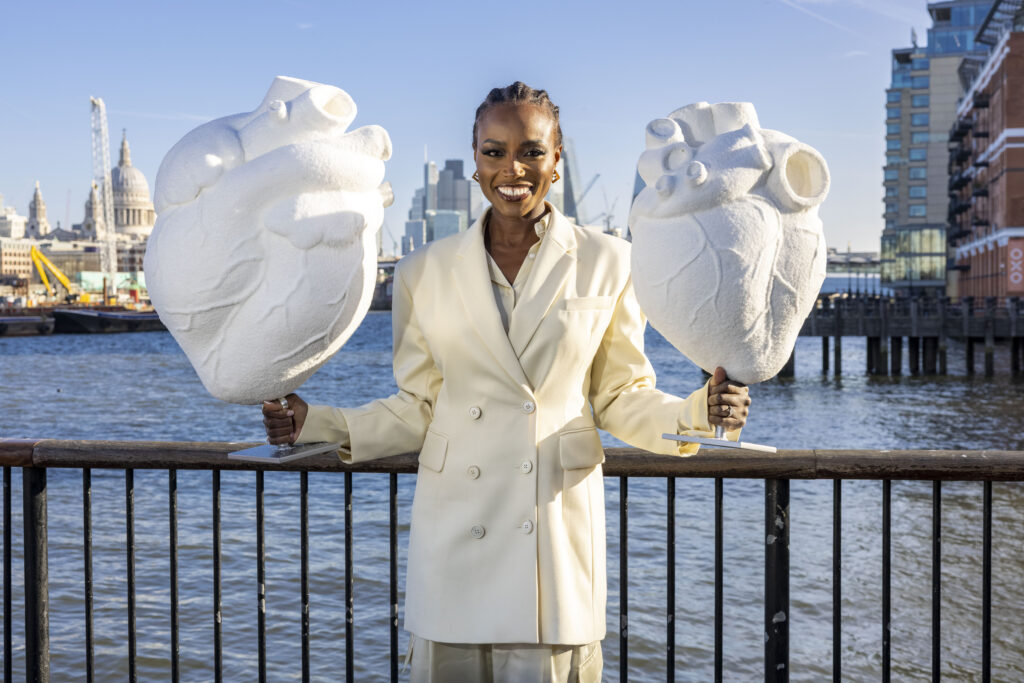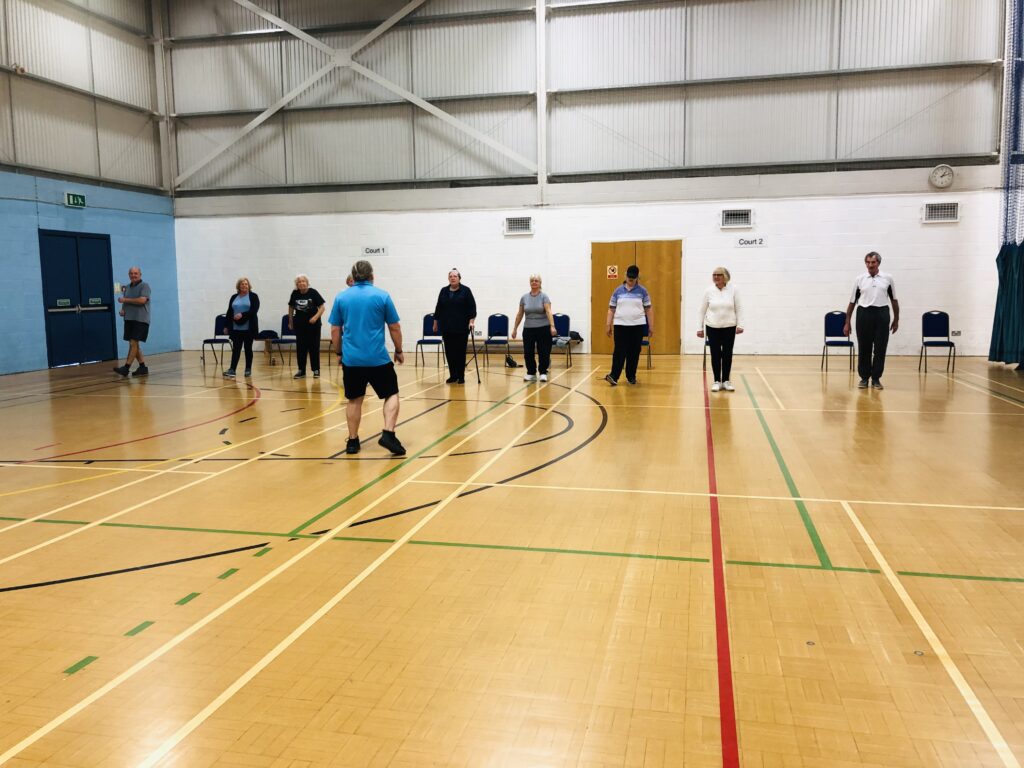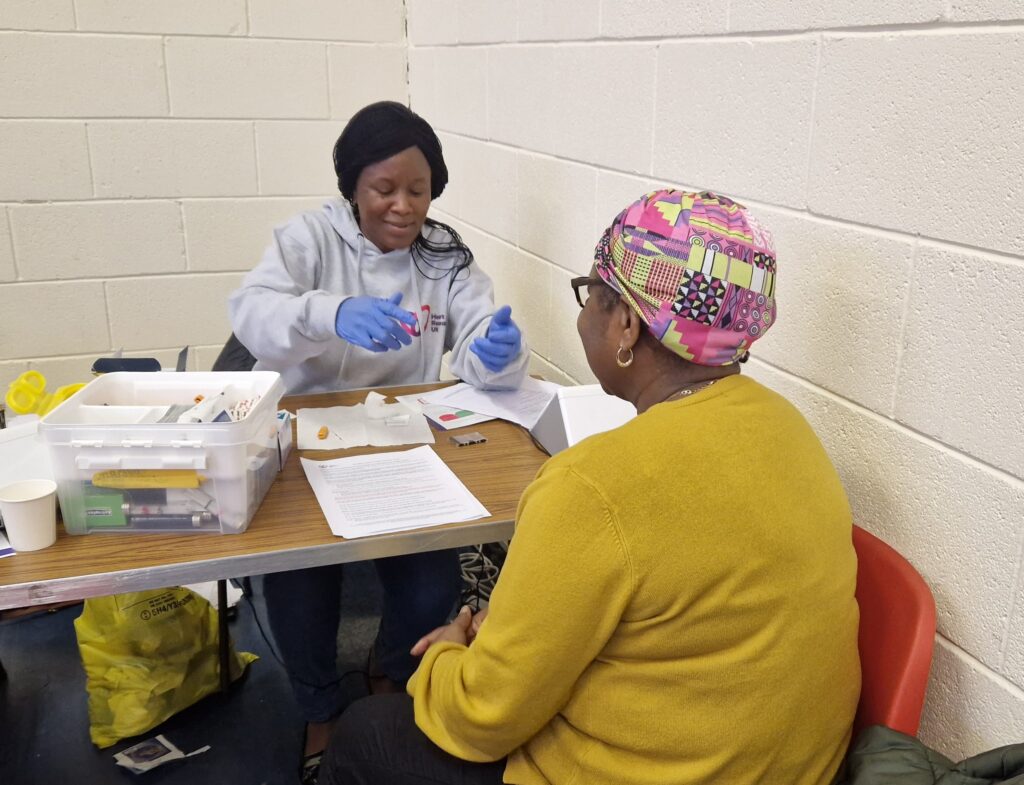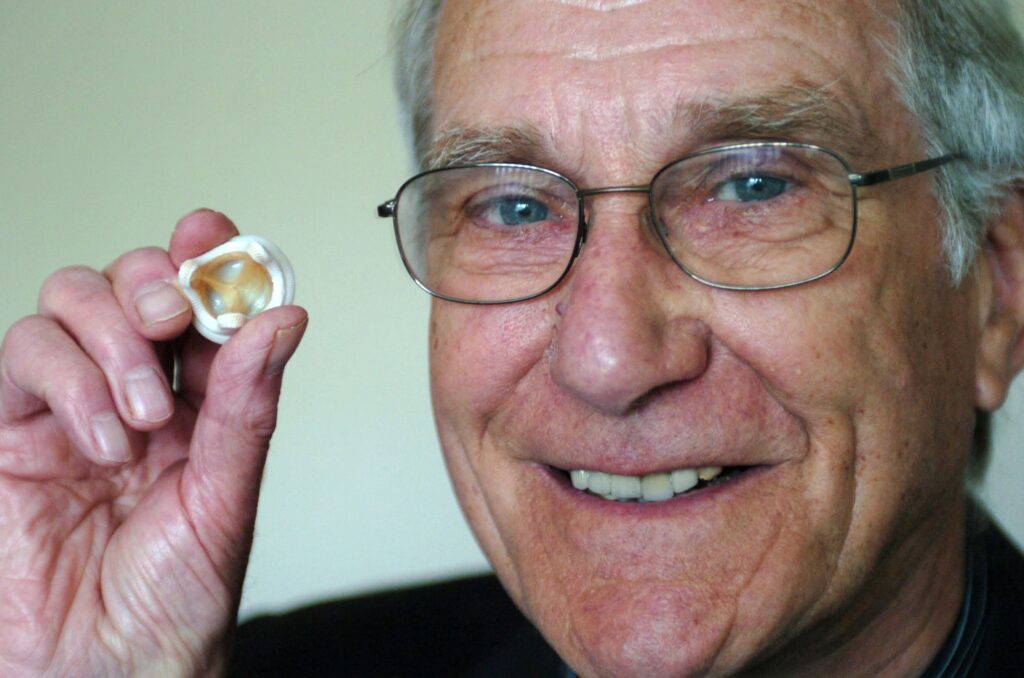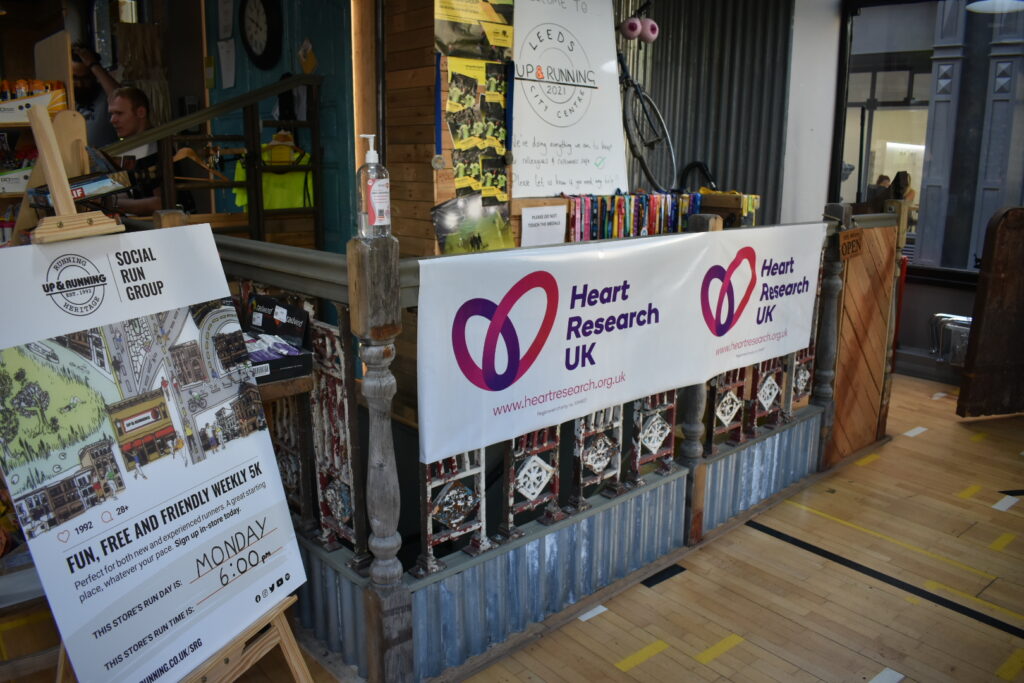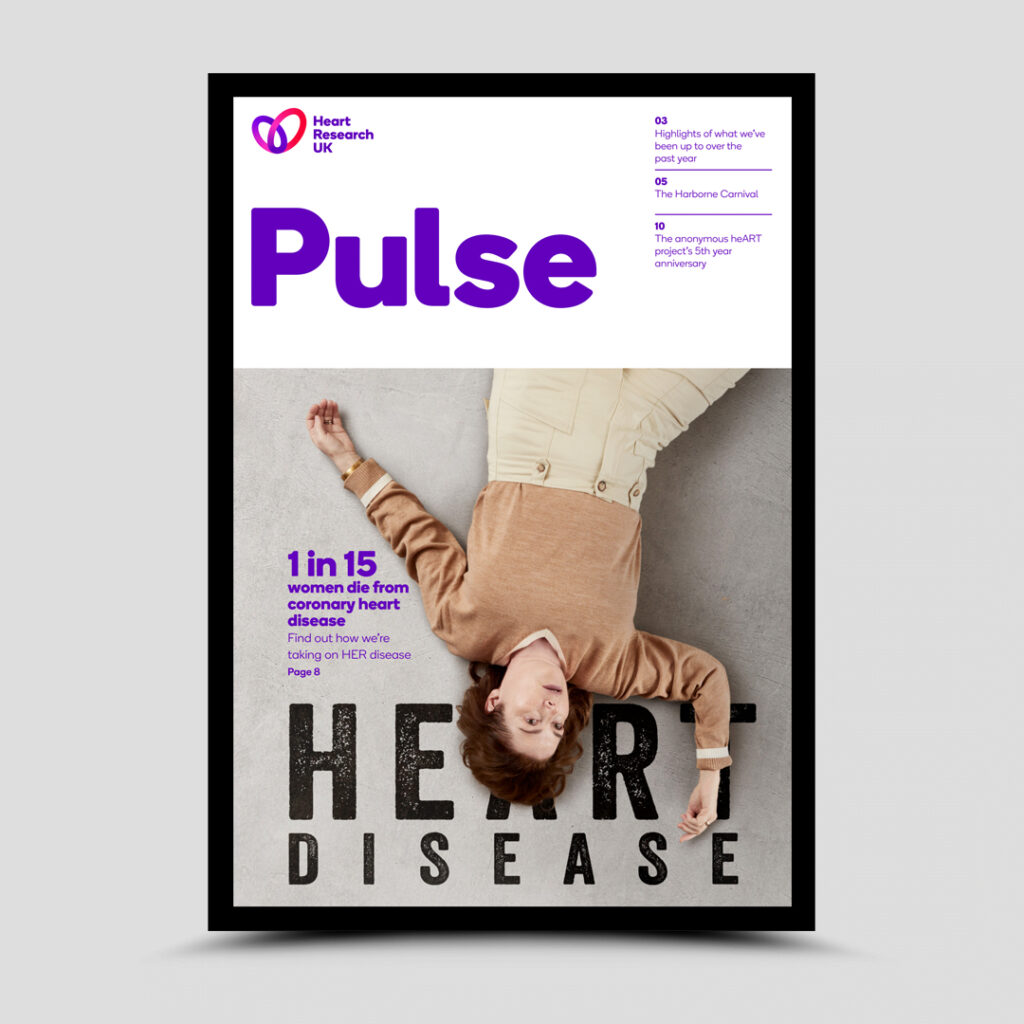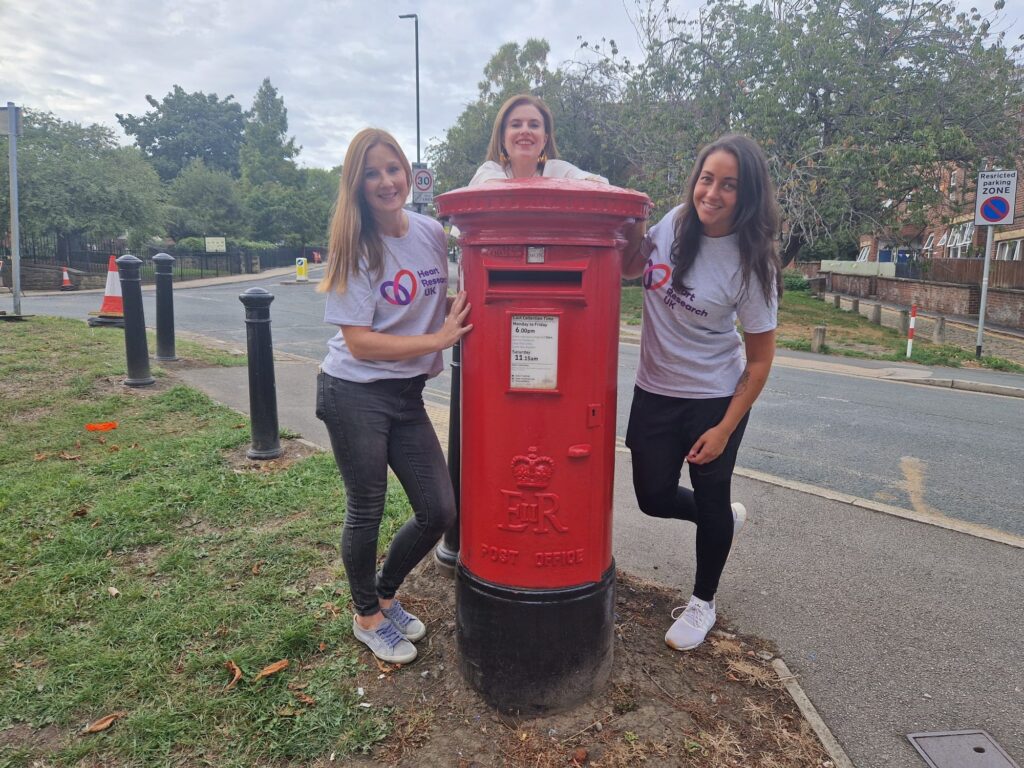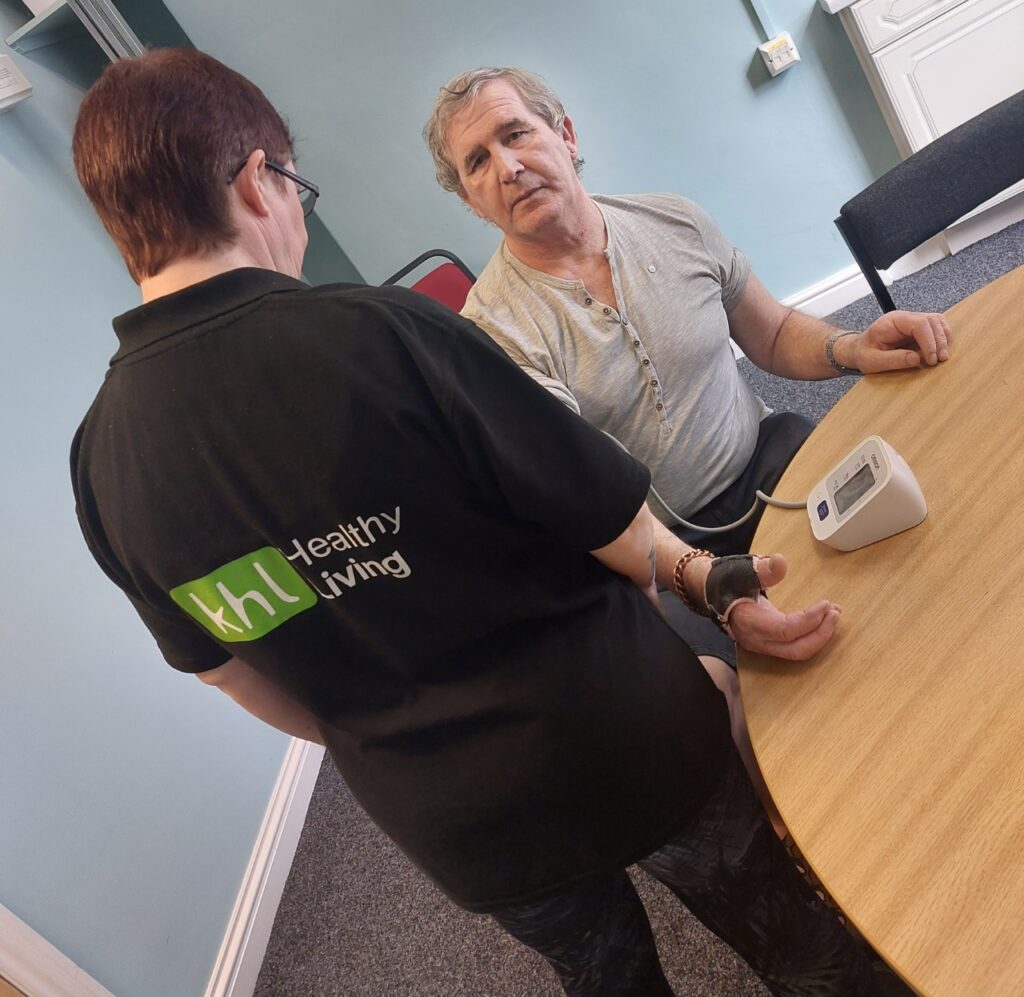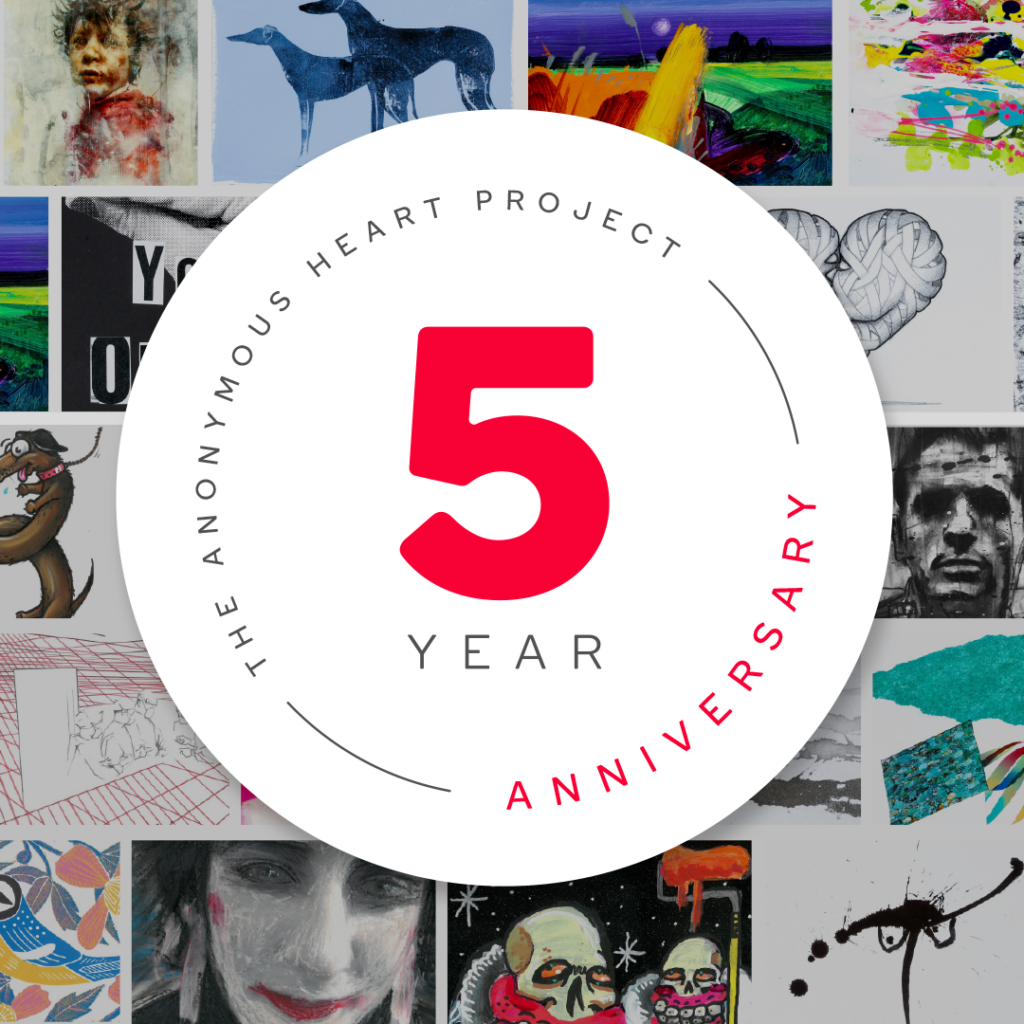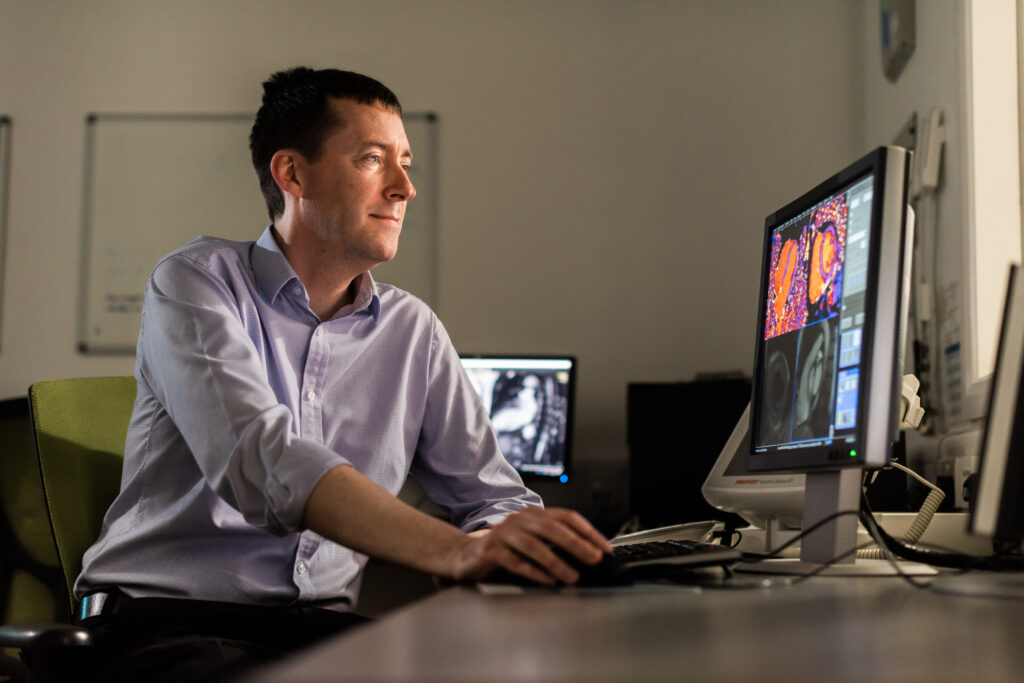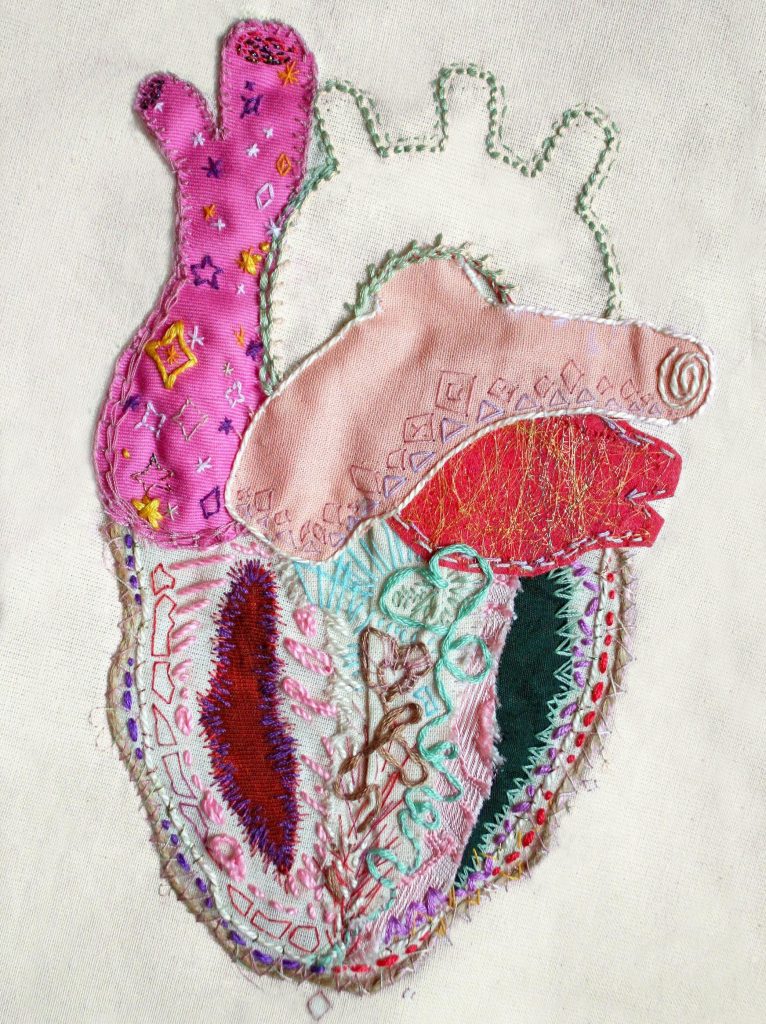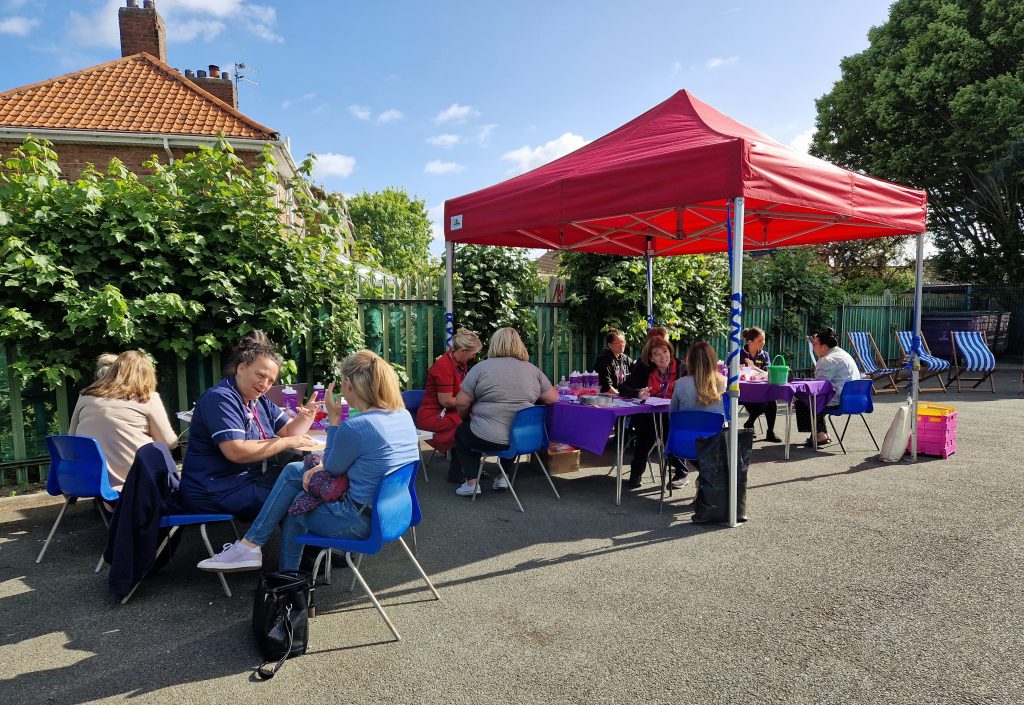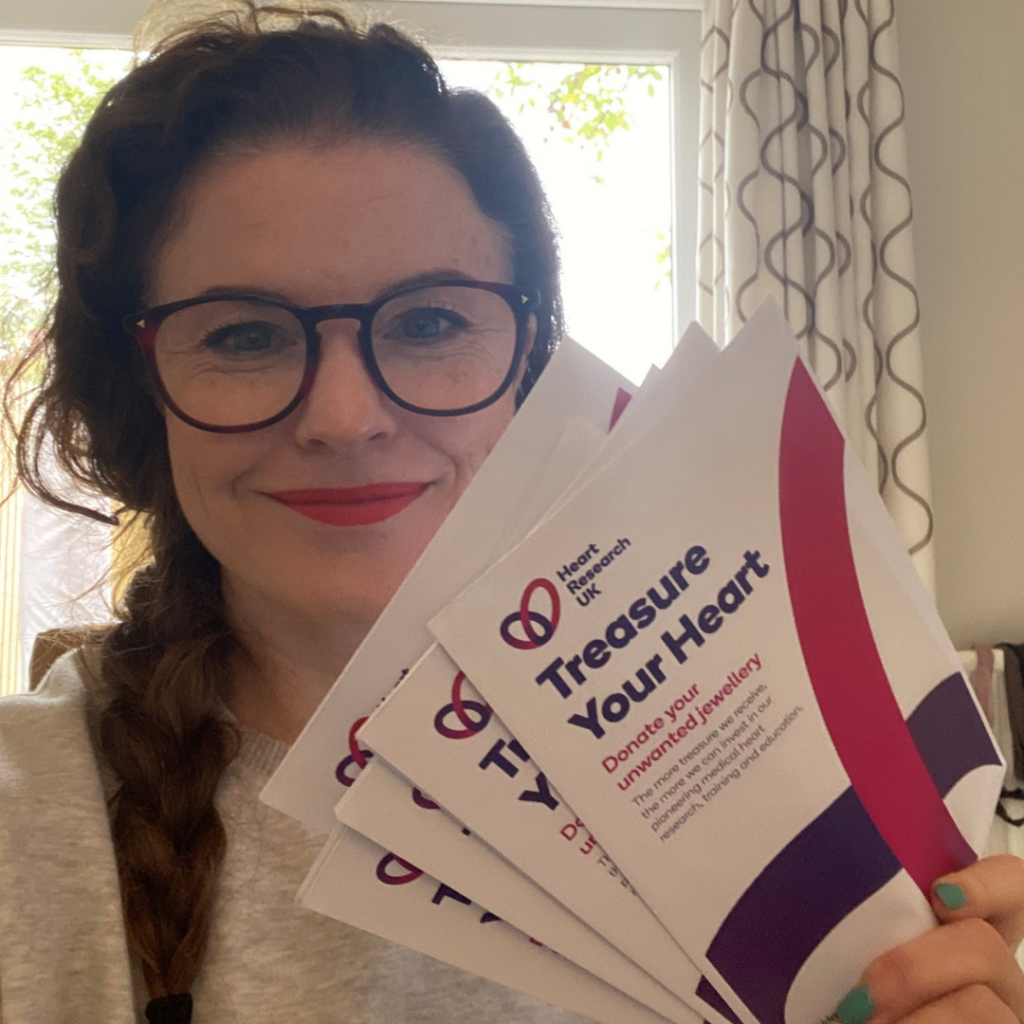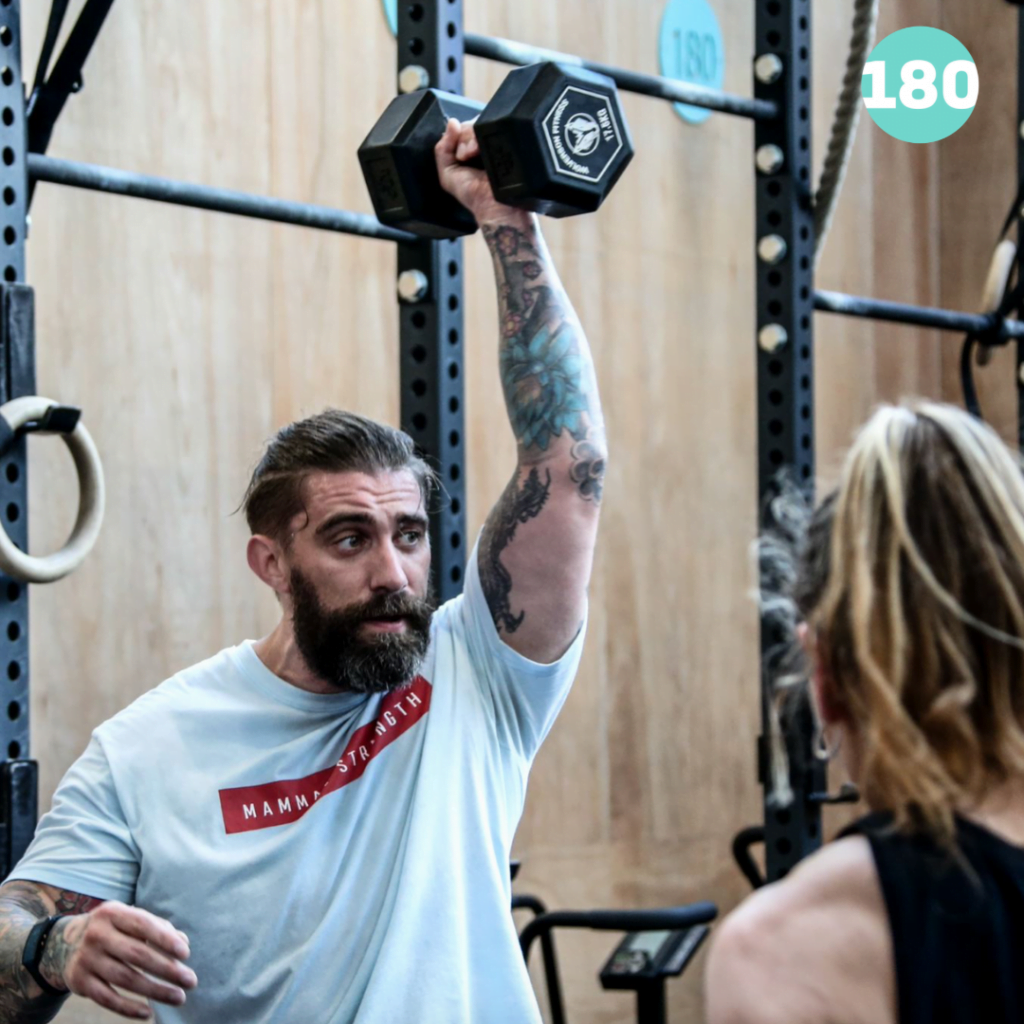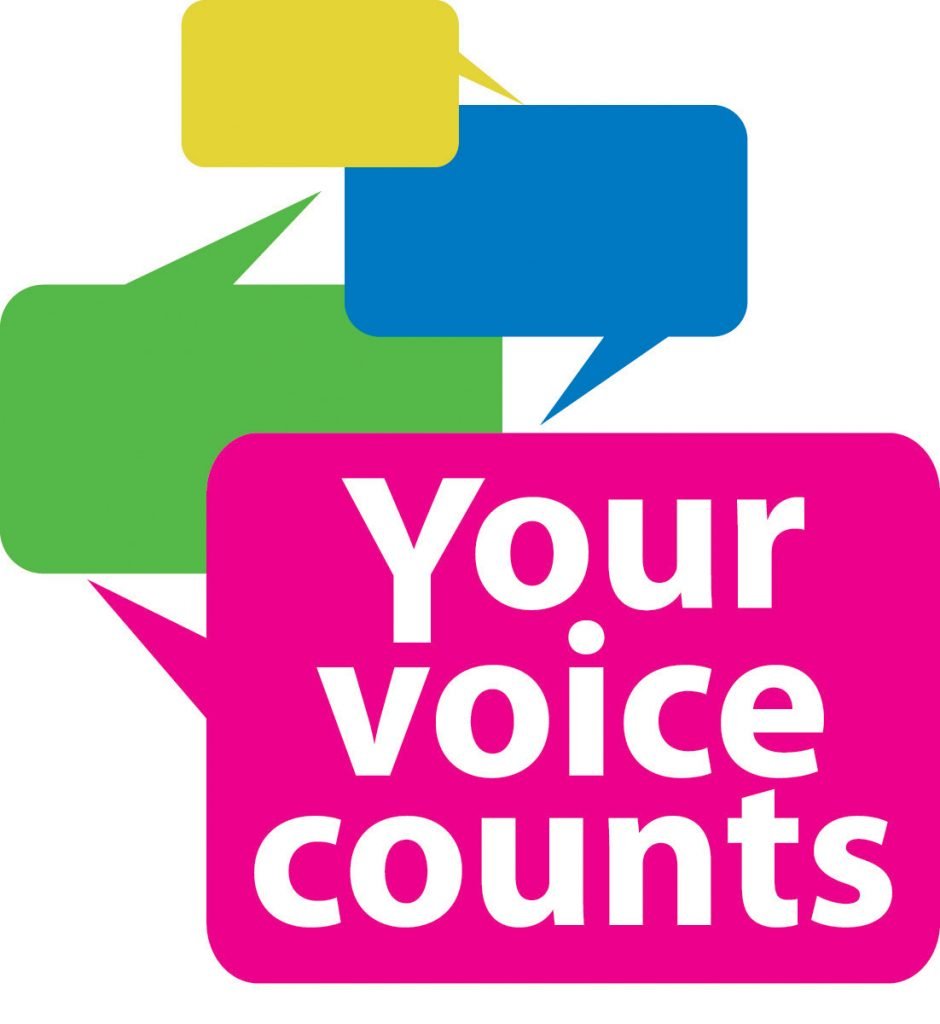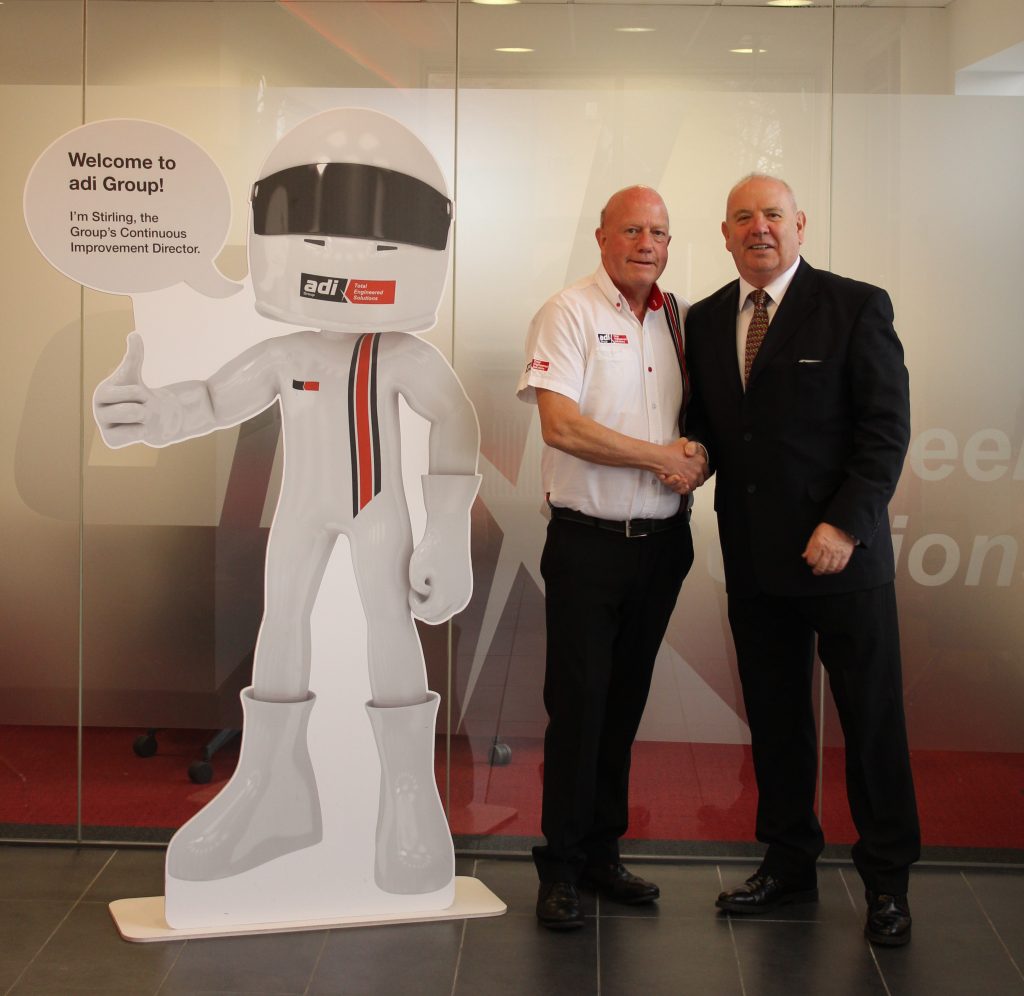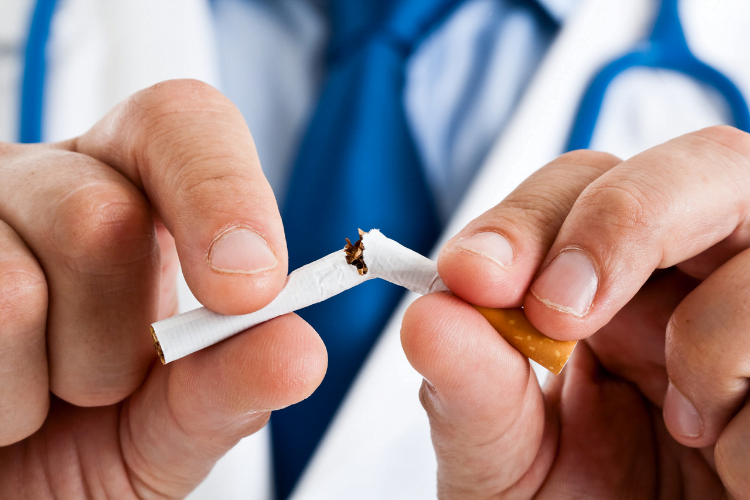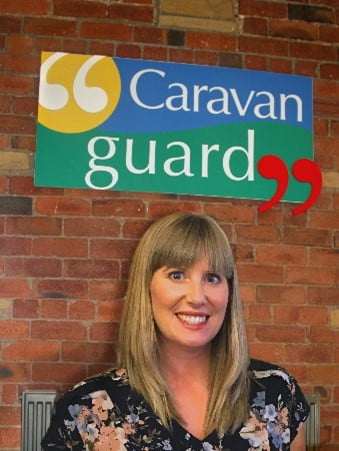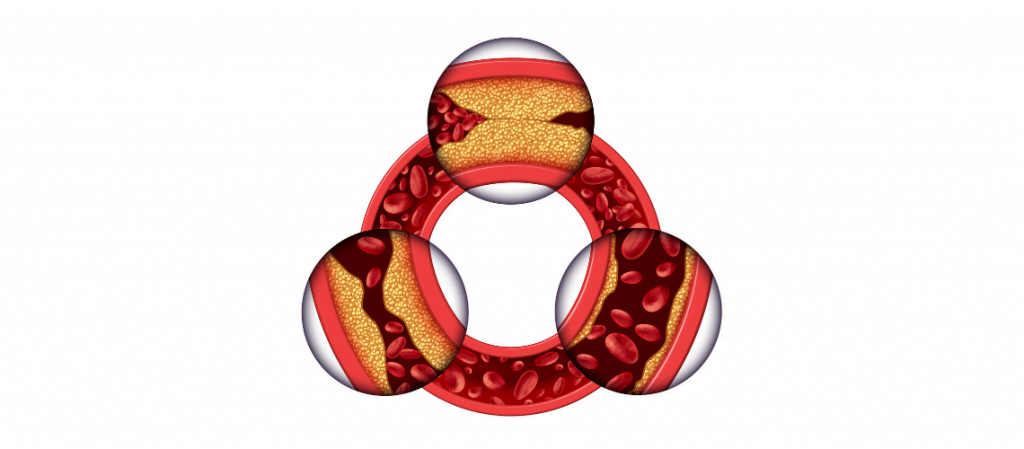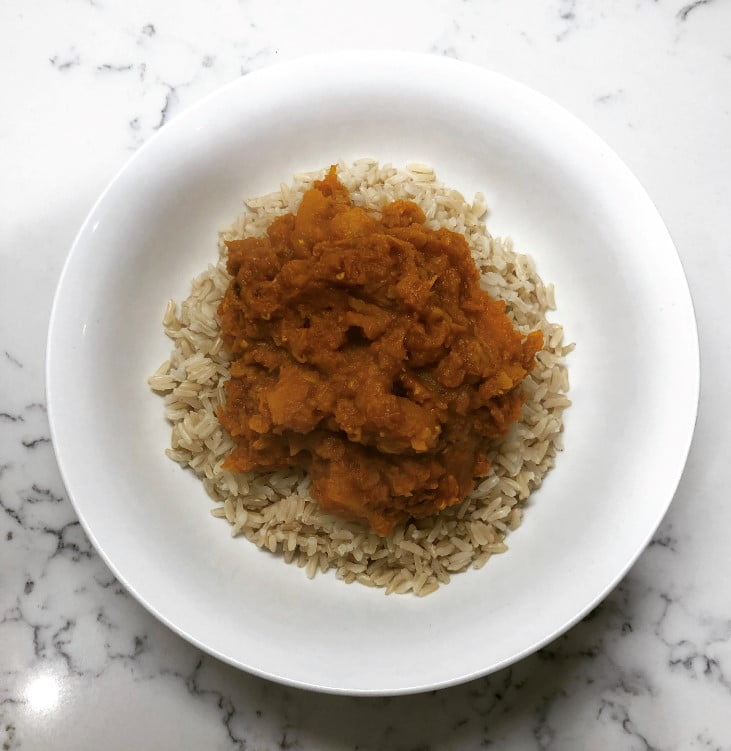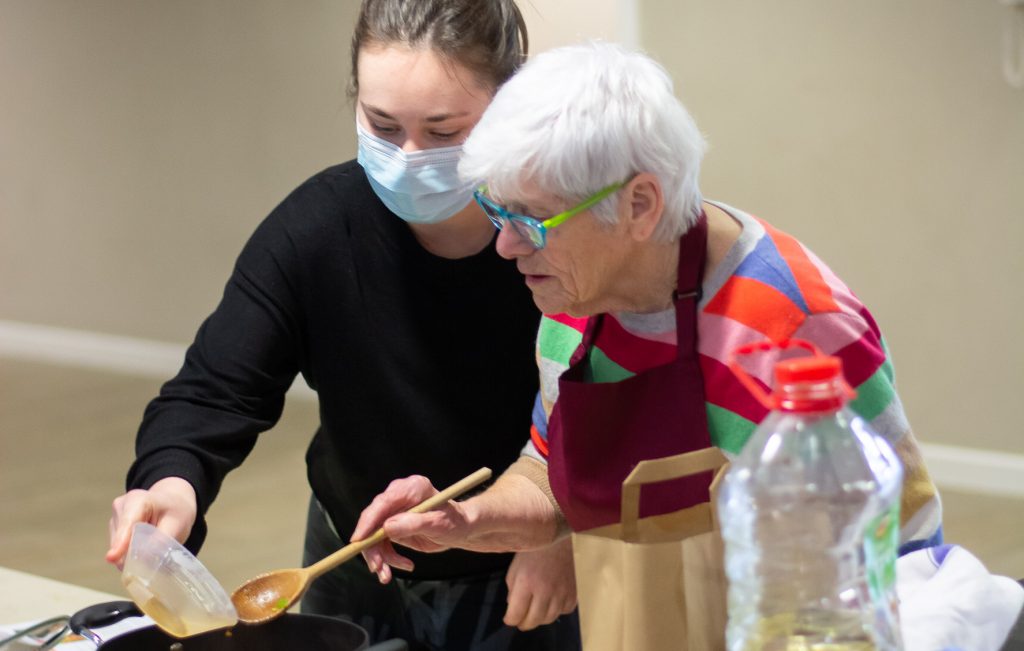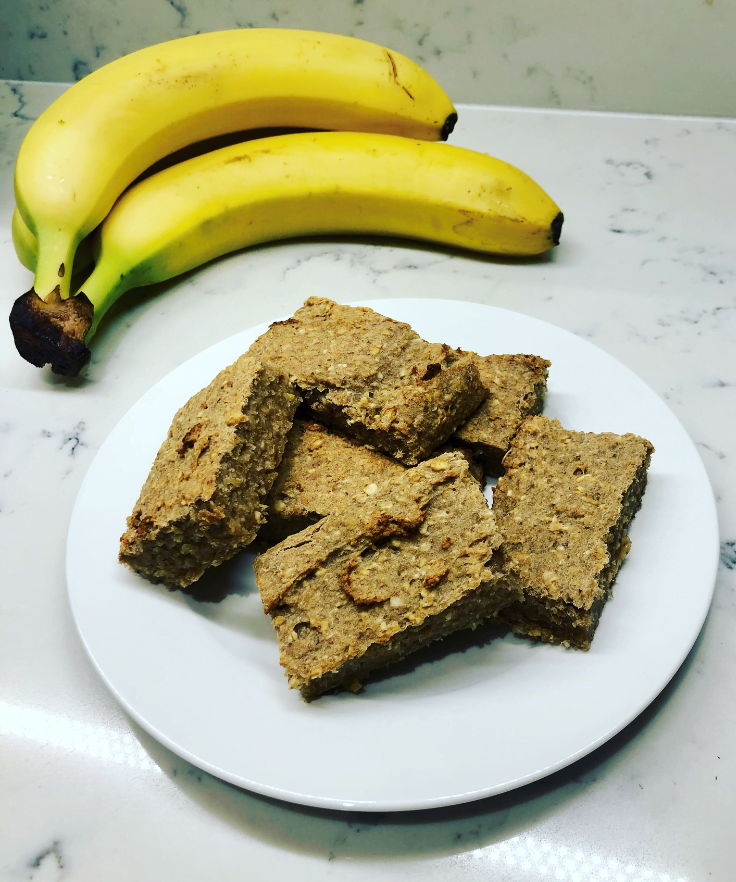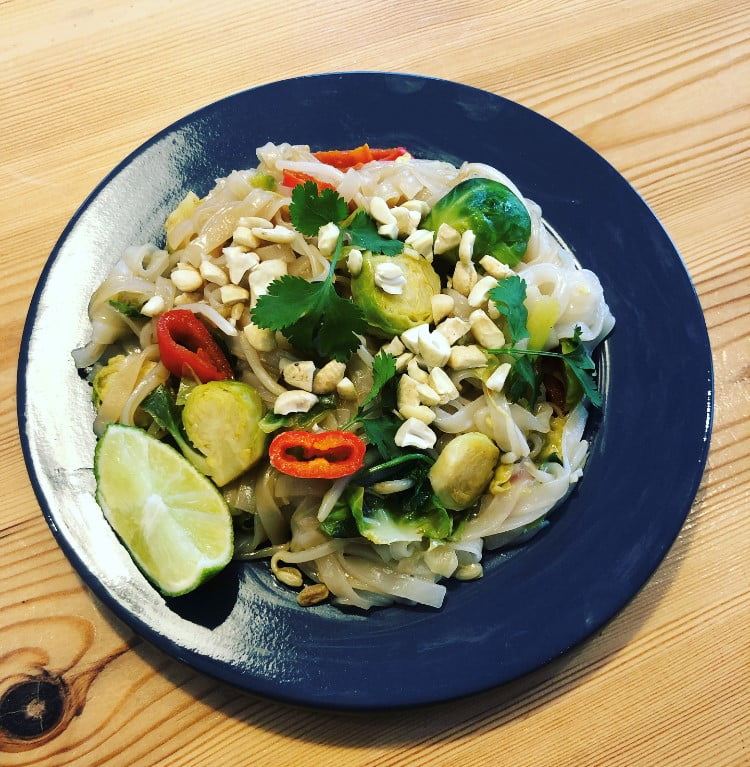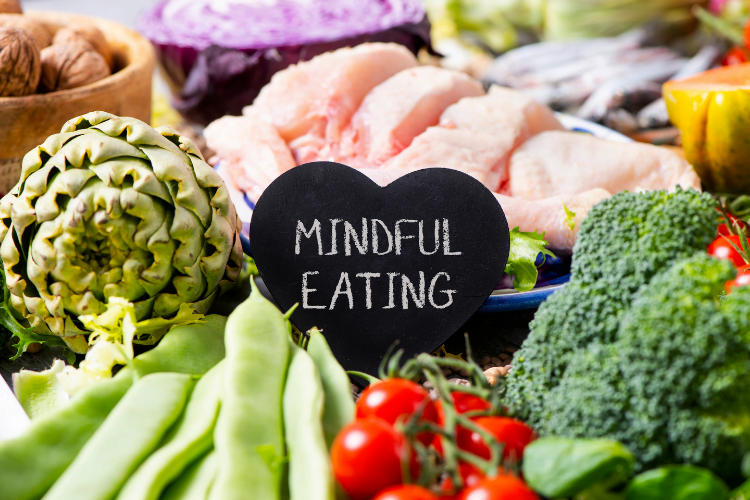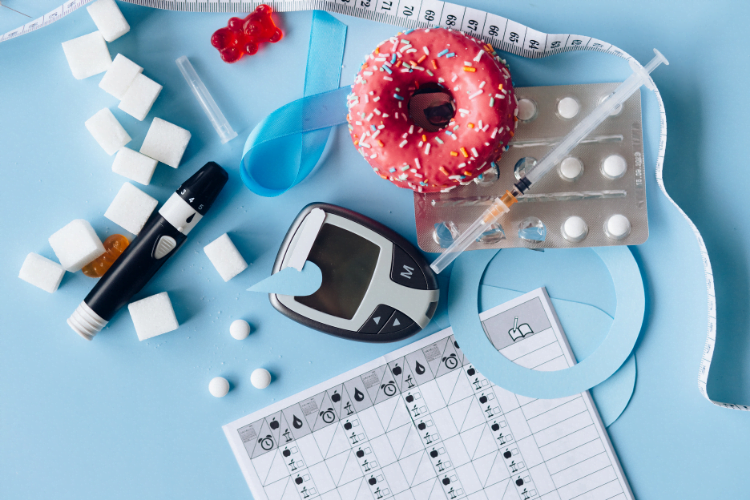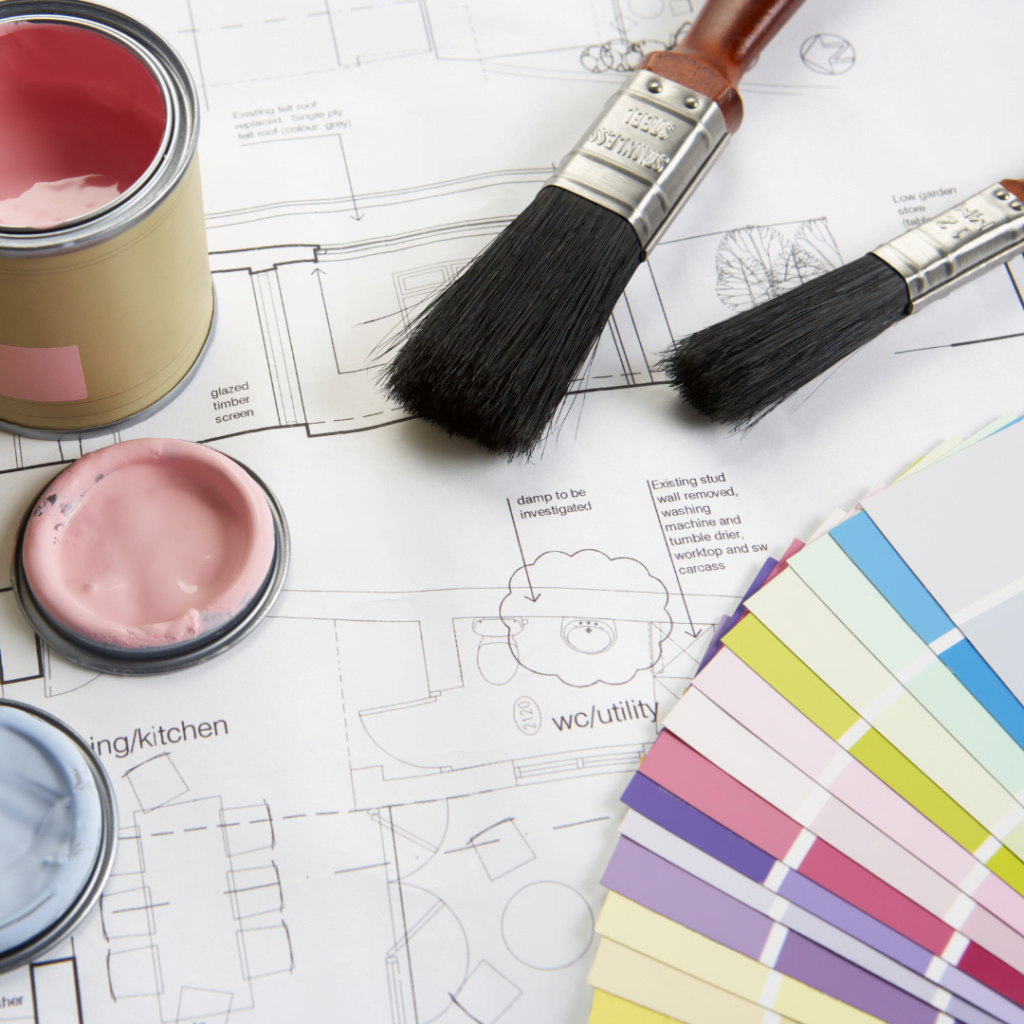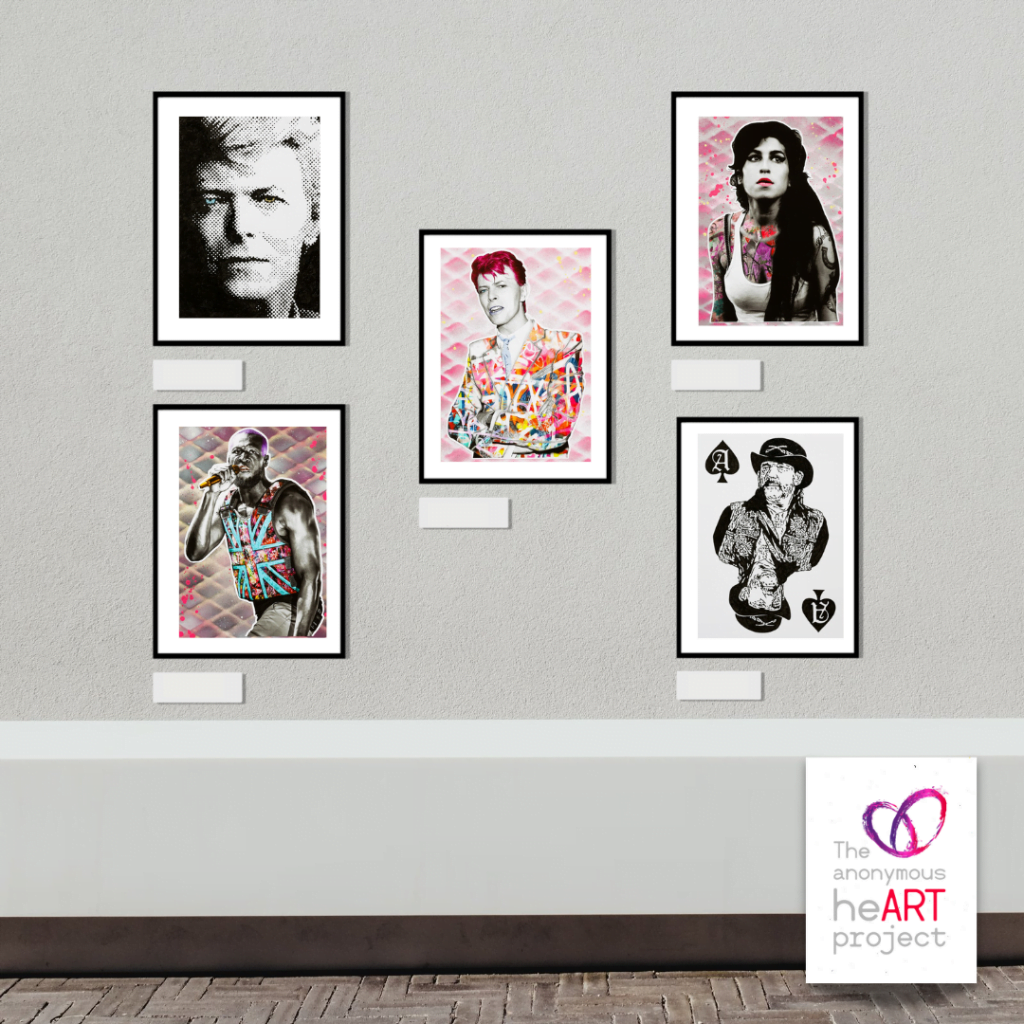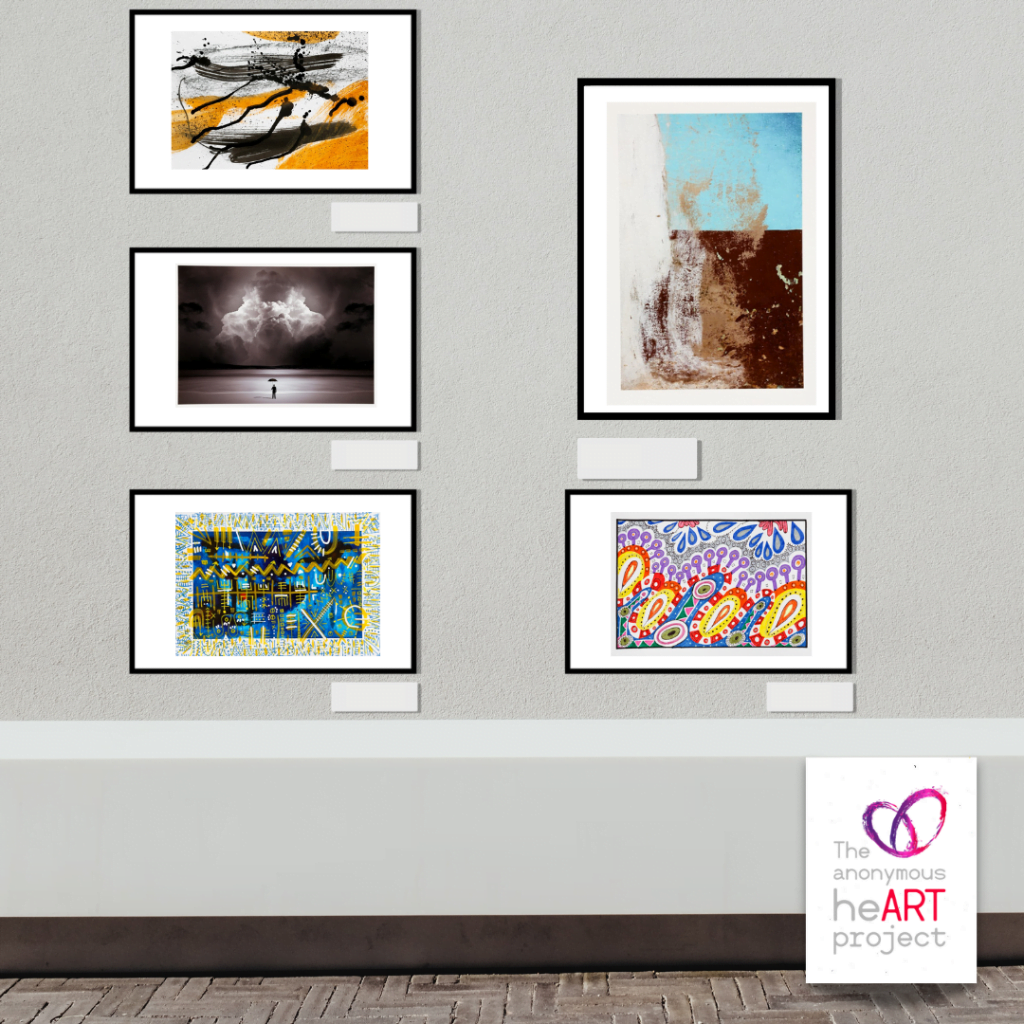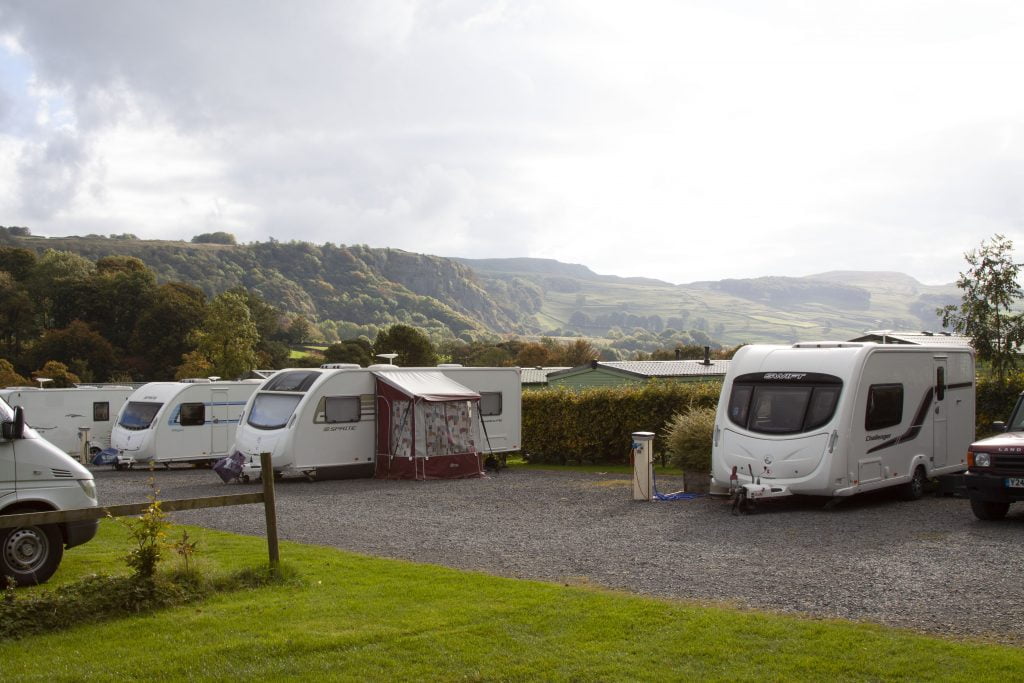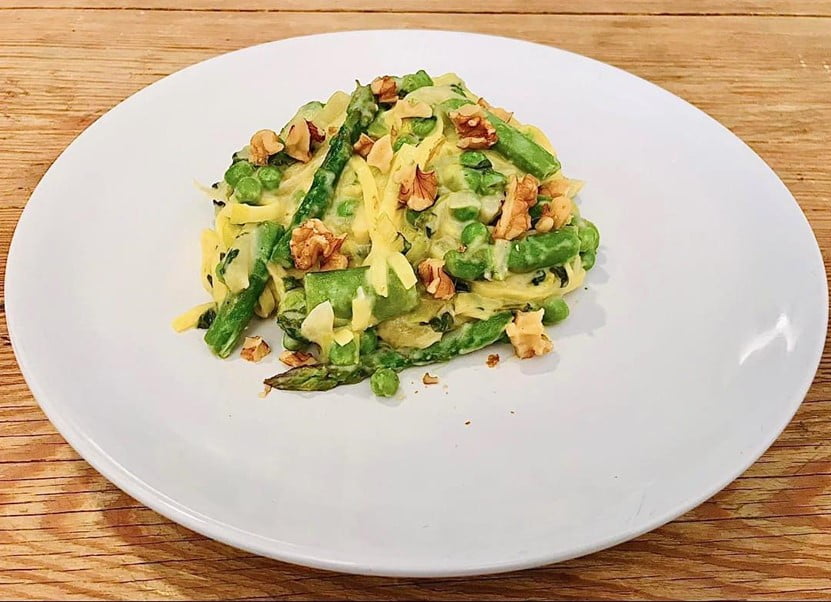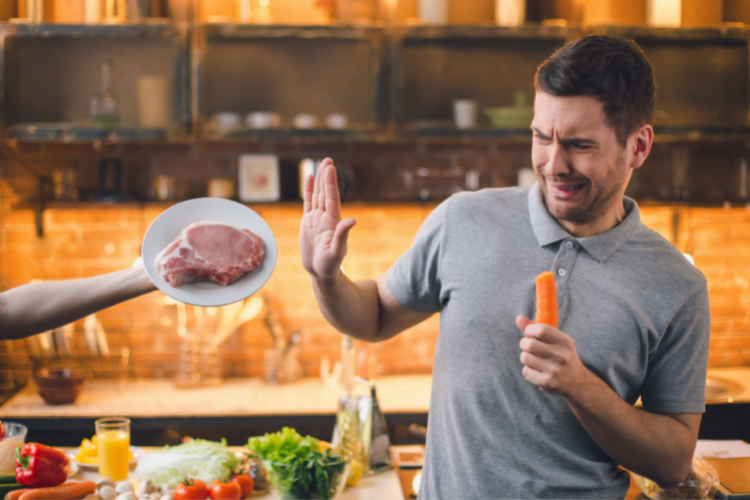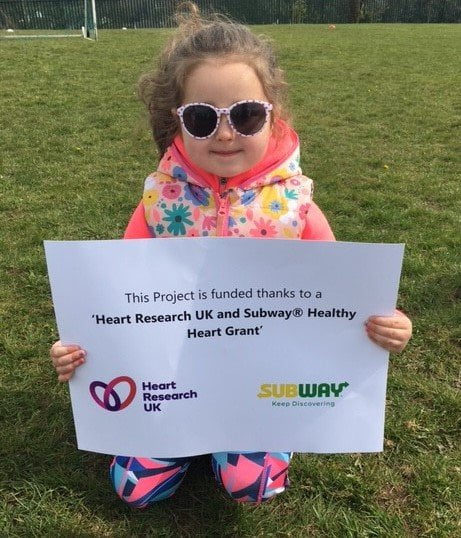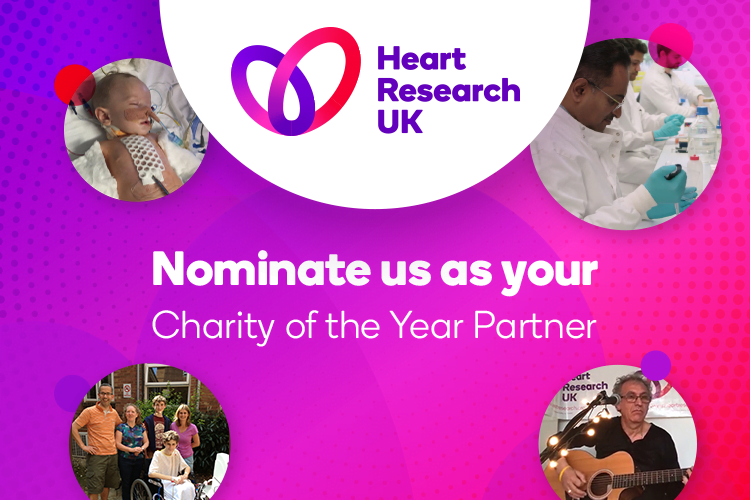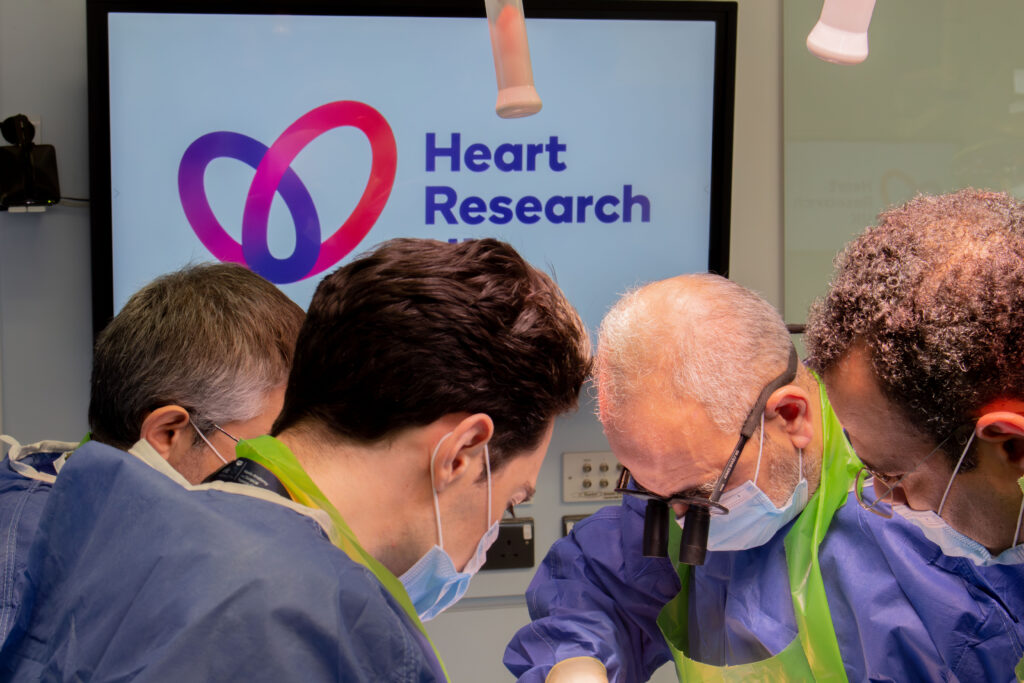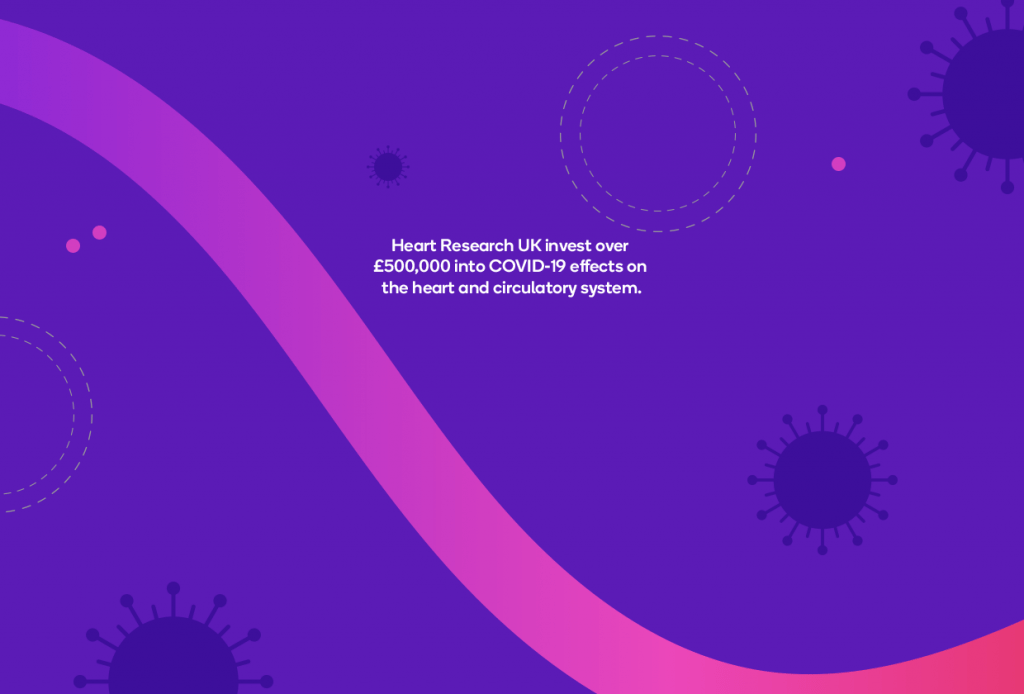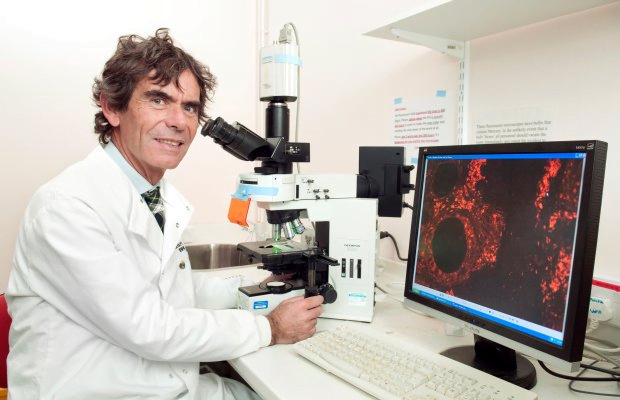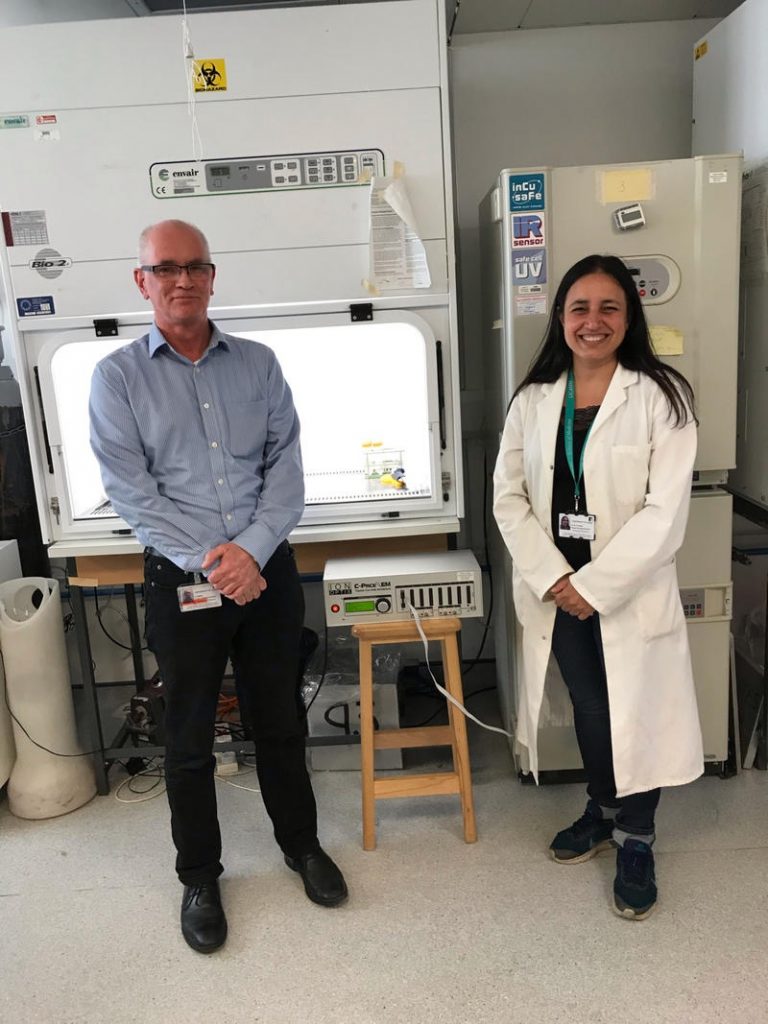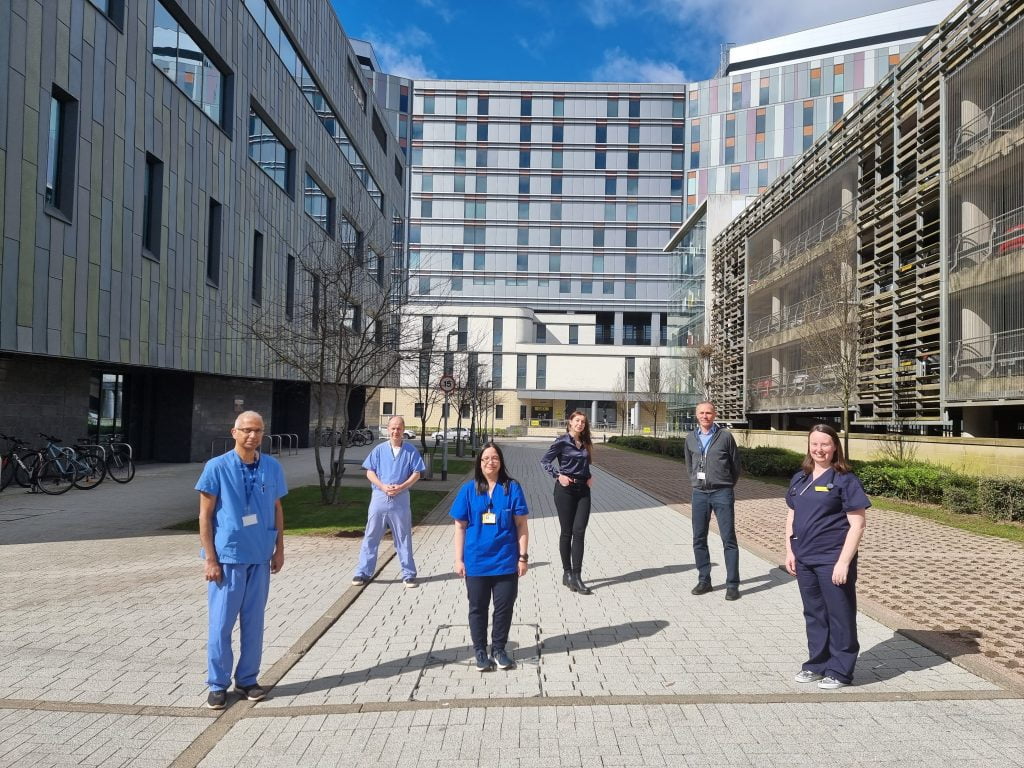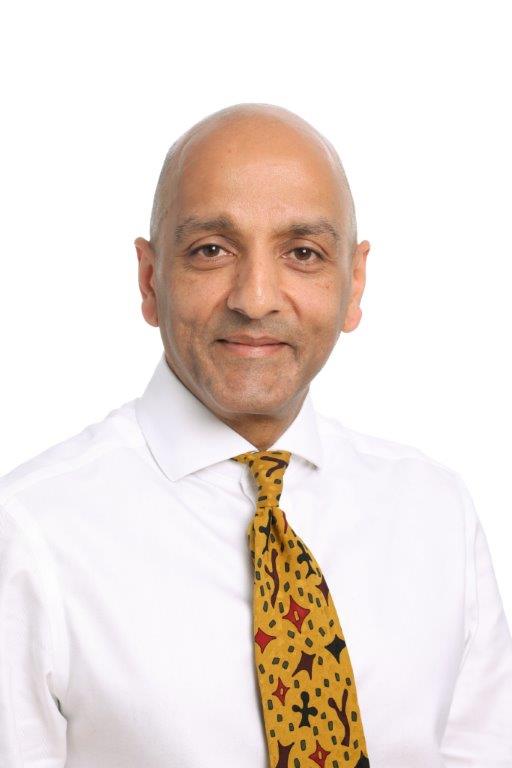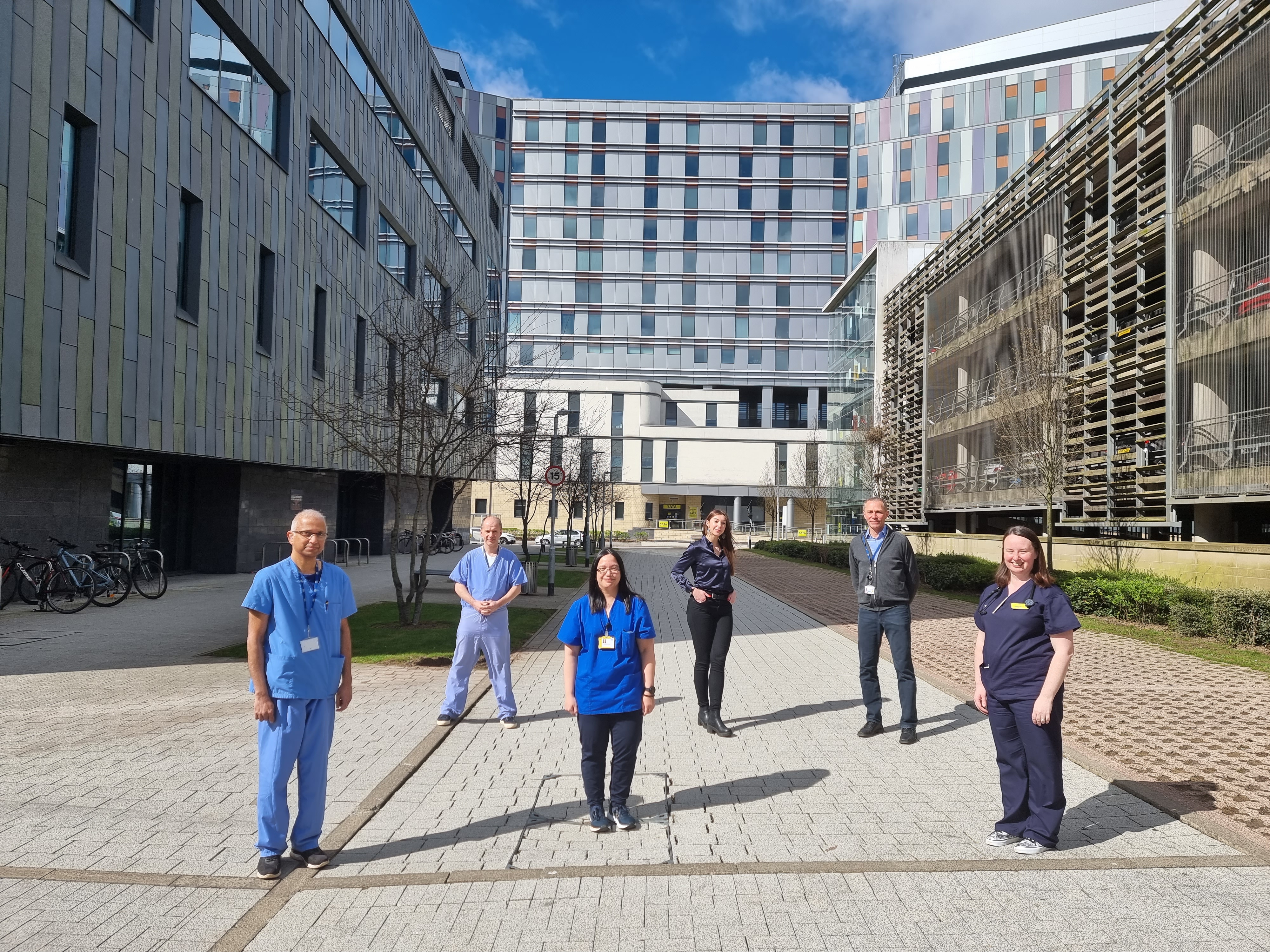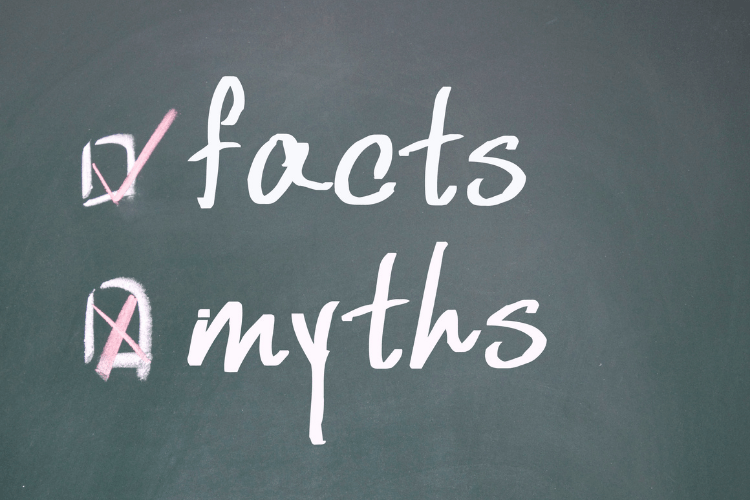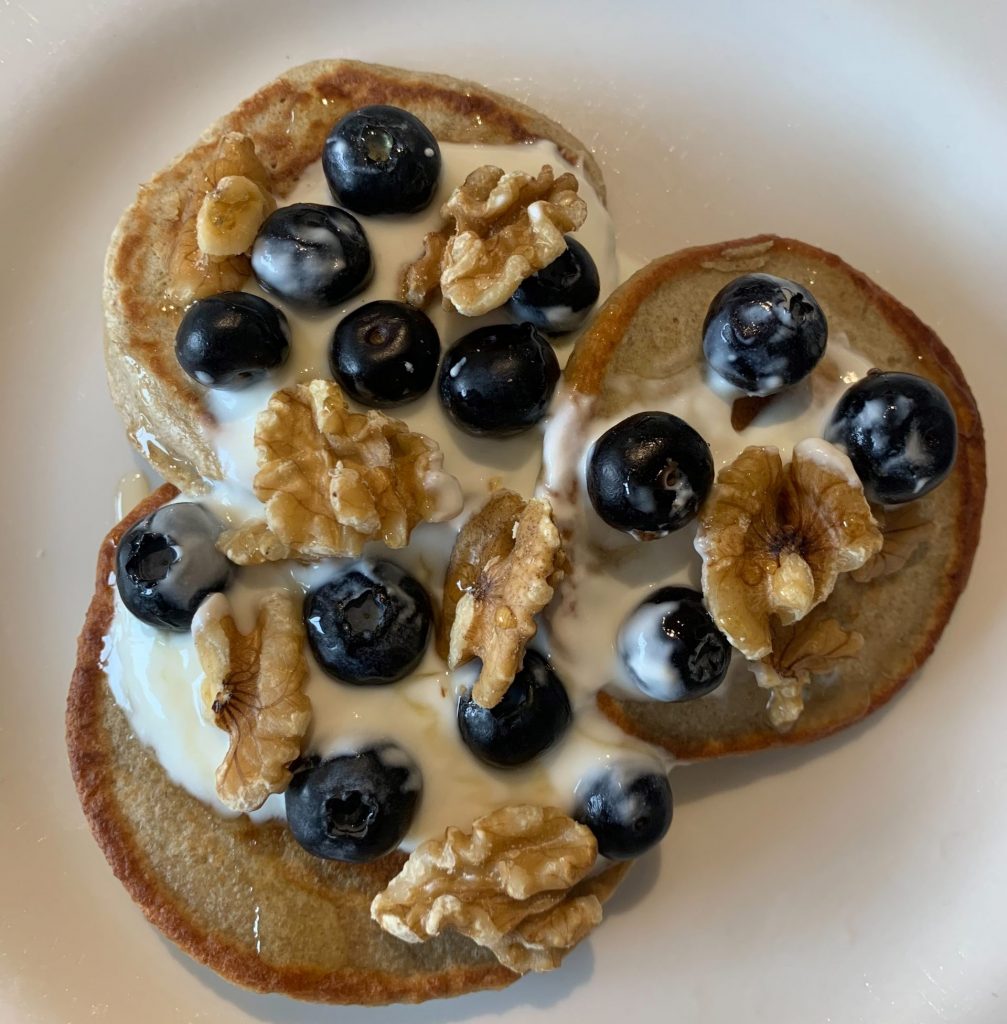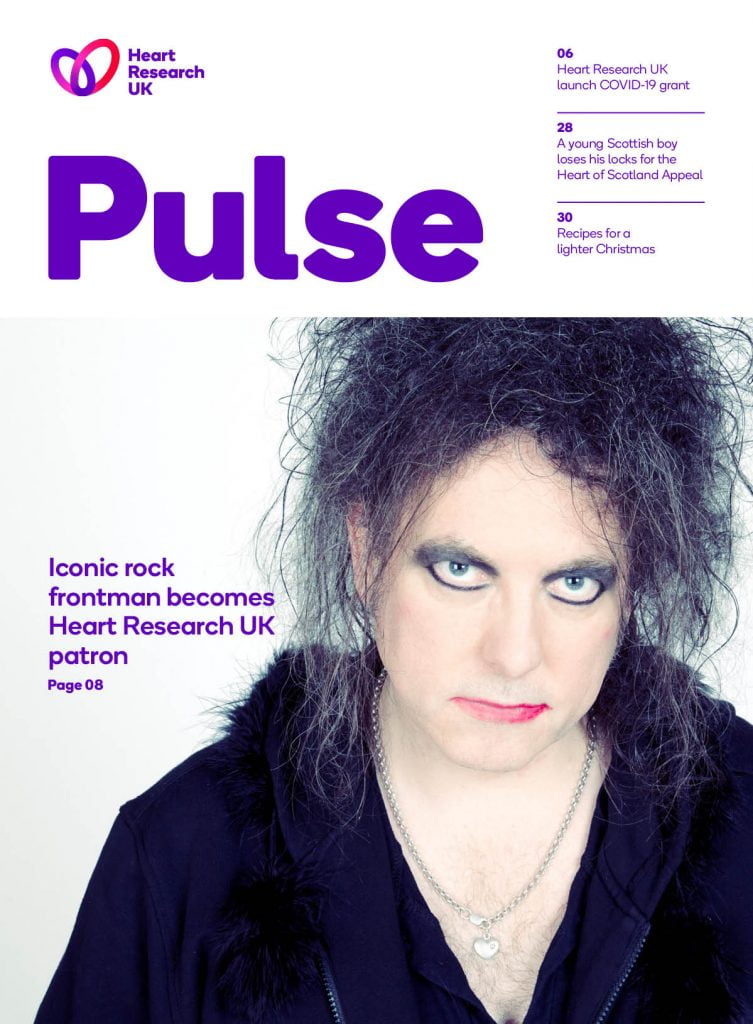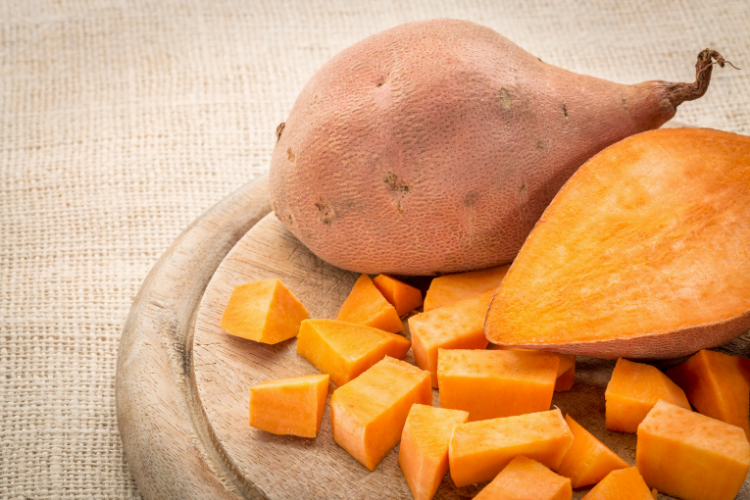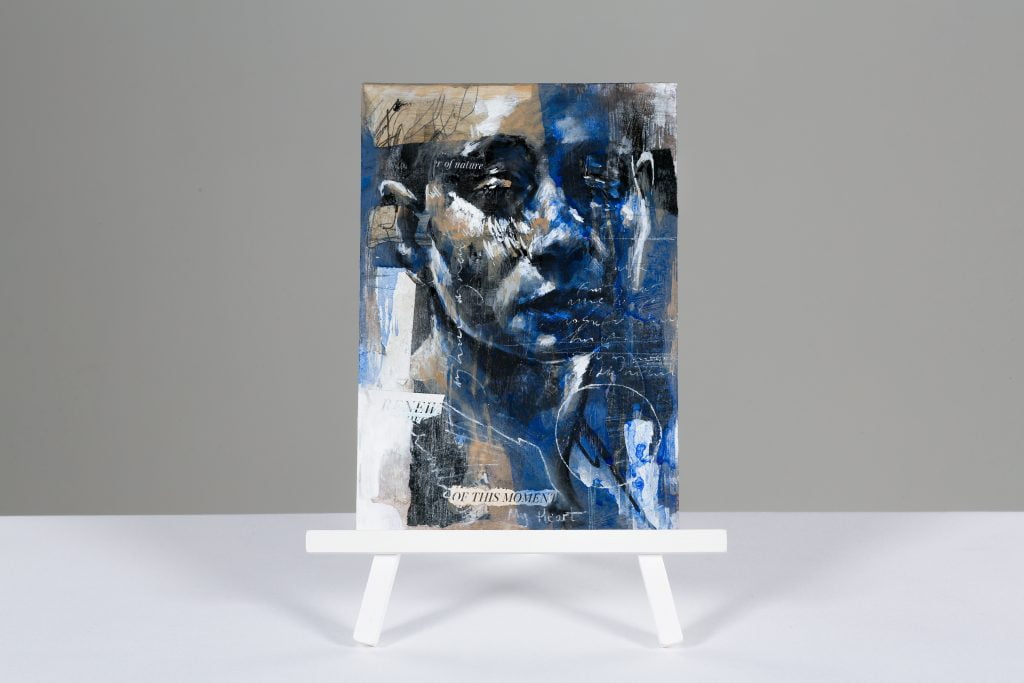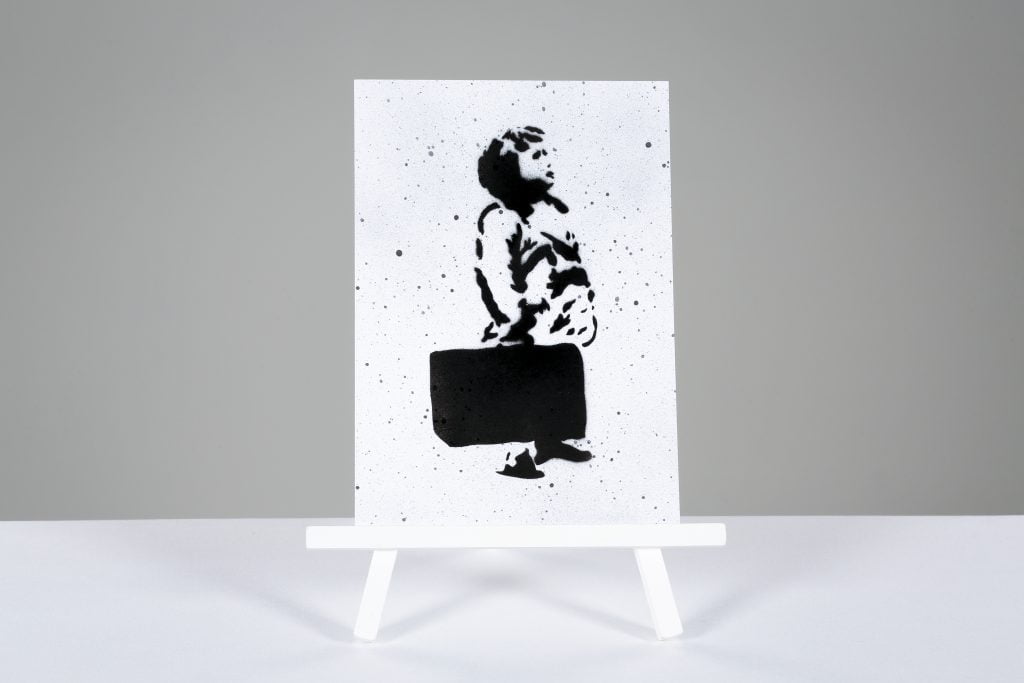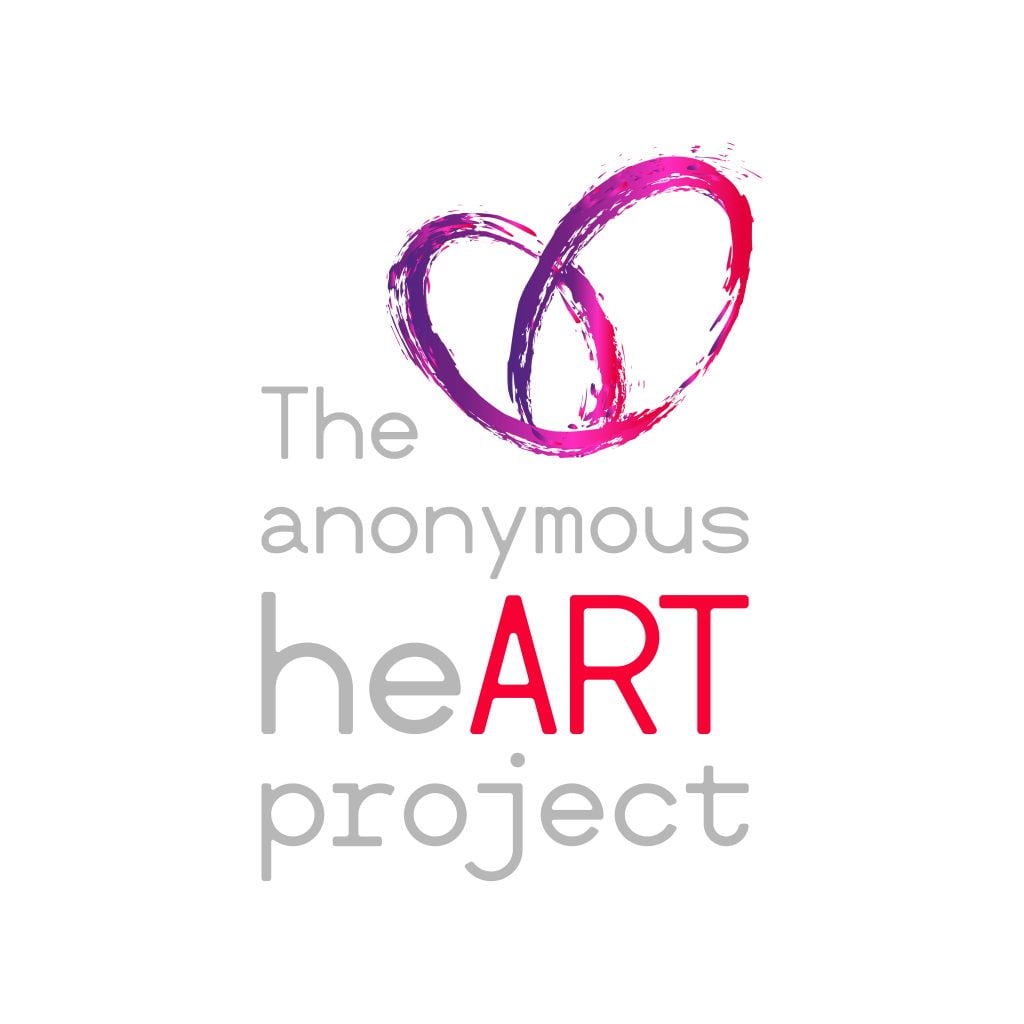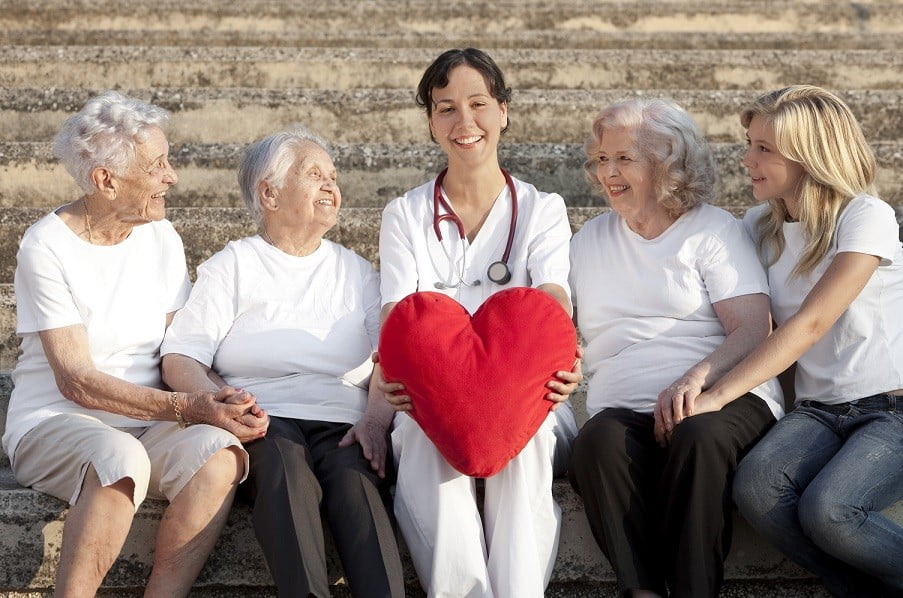By Olivia Schofield
When the heart is exposed to extreme heat, it has to work harder to keep the body cool to ensure it can work effectively. Dr Roy Jogiya, Chief Medical Adviser at Heart Research UK, reveals how hot weather can affect your heart and how you can stay cool.
What happens to your heart when you are exposed to extreme heat?
Heatwaves and hotter weather mean your body works harder to regulate its body temperature. This causes widening of the blood vessels, known as vasodilation, and sweating to help cool the body down, but this increases strain on the heart.
Dr Roy Jogiya, Chief Medical Adviser at Heart Research UK, said: “The heart rate speeds up to pump blood through the wider blood , which could potentially put strain on the heart and blood vessels, especially in vulnerable individuals.
“The most vulnerable groups include older adults, individuals with heart conditions, including high blood pressure. These groups may have poor heart and blood vessel function or be less able to adapt to heat stress, making them more likely to suffer from heat-related heart issues.”
What are the signs that your heart might be struggling in hot weather?
The key signs that your heart might be struggling in the heat include:
- Breathlessness
- Dizziness
- Chest pain
- Fatigue
- Discomfort or pressure in the chest
Heatwaves have been linked to increased hospital admissions for heart attacks, particularly among the elderly and those with pre-existing heart conditions. There have been cases where extreme temperatures have triggered abnormal heart rhythms known as arrhythmias or even cardiac arrest, often in people who are already vulnerable.
What can I do to keep cool in the heat?
It’s important to stay hydrated when it is hot and drink plenty of fluids. As you are sweating more than usual, you want to stop your blood pressure from dropping too much.
Dr Roy explains: “Dehydration may impact heart health. It lowers blood volume, which can lower blood pressure, forcing the heart to pump harder and quicker. This increases the strain on the cardiovascular system and can lead to abnormal heart rhythms known as or increase the risk of heart attacks, especially in those already at risk of heart disease.
“To stay safe and hydrated, limit outdoor activity during peak heat, and rest in a cool environment. Wearing lightweight clothing and avoiding alcohol or caffeine, which can dehydrate, will also help. Cooling methods like fans or cool showers are important, especially for those at higher risk.”
Can I exercise when it’s a heatwave or hot outside?
Exercise is extremely important for heart health, reducing your risk of high blood pressure and cholesterol, which are all contributing factors of heart disease.
“Exercise in extreme heat can significantly increase heart rate and blood pressure, even in healthy individuals,” says Dr Roy. “The risk is higher with dehydration or if the body is not given enough time to adapt to the heat. Those engaging in outdoor activity should avoid intense exercise during the hottest part of the day and focus on hydration and rest.”
It is also important to remember that when it is hot outside, you are more likely to suffer from heatstroke, which is a severe medical emergency caused by the body overheating.
Heatstroke can cause symptoms including:
- Confusion
- Dizziness
- Loss of consciousness
- Sweating
- Cold clammy skin
- Fainting
- Muscle cramps
- Heat rash
- Oedema (swelling) in the ankles
- Shallow or fast breath
- Nausea or vomiting
It places significant strain on the heart, and in vulnerable individuals, can trigger heart attacks or arrhythmias.If you suspect you or someone you know is suffering from heat stroke, seek medical advice immediately.
Dr Roy says: “My key message is, stay aware of your heart health in extreme heat. Be proactive in managing hydration and rest. If you feel unwell, seek help immediately—early intervention can prevent serious complications.
“If you have concerns about heat-related health risks, especially regarding your heart, it’s important to continue taking your prescribed medications and not stop them without medical guidance. Always consult your pharmacist or GP if you have any questions or worries. They can provide advice tailored to your specific health needs and help you manage risks effectively.”
If you have any concerns regarding your health, please speak to your doctor. You can call NHS 111 for non-urgent medical enquiries or call 999 for urgent, emergency medical attention.
The content of this website is for education and information only and should not be used as a substitute for professional medical advice
